The Fascinating World of Chess Against Computers
In the realm of intellectual games, chess holds a prestigious position, often celebrated as a complex battle of strategic depth, predictive skill, and human creativity. However, as technology has advanced exponentially, Artificial Intelligence (AI) has become a formidable opponent in this ancient game, challenging the very notion of human versus machine capabilities. The interactions between human chess masters and computer programs have not only transformed how the game is played and studied but have also provided significant insights into the development of AI.
Historical Perspective: The Rise of Chess Computers
The Early Days
The concept of machines playing chess dates back to the late 18th century with the invention of the Mechanical Turk, a pseudo-automaton that was later revealed to be operated by a human. The real journey of computers playing chess began in the mid-20th century with the development of simple computer algorithms capable of playing chess at a basic level. Early programs like the one developed by Alan Turing, and later, the more refined versions by Claude Shannon, laid the foundational ideas for programming computers to solve complex problems like chess.
Deep Blue and the Pinnacle of Classical Confrontations
A landmark moment in the history of AI in chess was the 1997 match between World Chess Champion Garry Kasparov and IBM’s Deep Blue, a supercomputer specifically designed for chess. Deep Blue’s victory over Kasparov was a watershed moment, marked as the first time a world champion lost a match to a computer under standard chess tournament conditions. This event not only demonstrated the potential of AI in replicating and surpassing human cognitive skills but also sparked a significant interest in the field of machine learning.
Technical Evolution: From Brute Force to Deep Learning
Algorithmic Improvements
Early chess programs relied heavily on brute force computation methods. These systems would evaluate millions of positions, using a somewhat myopic point-scoring system for each potential move based on the material count and board position. The turning point in AI development came with the integration of more sophisticated algorithms, including minimax with alpha-beta pruning, which significantly improved decision-making efficiency.
The Advent of Neural Networks and Machine Learning
In recent years, chess AIs like Google’s AlphaZero have revolutionized the field by using deep neural networks and advanced self-learning algorithms. Unlike its predecessors, AlphaZero learns from playing against itself, starting from scratch and gradually refining its understanding of strategic concepts in chess. This approach has allowed it to discover and play creative and often unorthodox moves that are not typically found in traditional chess lore, challenging long-held beliefs about the game.
Human vs. AI: The Current Landscape
Implications for Human Players
The rise of superhuman chess engines has significant implications for professional and amateur players alike. While some purists lament what they see as a loss of human creativity, others embrace these tools for their profound impact on learning and analysis. Today, AI is extensively used as a training tool, helping players to discover weaknesses in their game and test new strategies.
Continuing Challenges and Competitions
Despite the advances in AI, the contest between human intelligence and artificial intelligence continues both in direct competitions and collaborative formats. Events like the annual TCEC (Top Chess Engine Championship) showcase the latest developments in chess software, while freestyle tournaments, where human players team up with AI, explore the collaborative potential of human-machine partnerships.
Conclusion
The exploration of chess against computers highlights broader themes in AI development and human cognition. From enhancing our understanding of complex decision-making to redefining the potential of machine learning, the journey of chess AI is a microcosm of our larger quest to understand and replicate intelligence. As this fascinating competition evolves, it will undoubtedly continue to provide valuable insights into the symbiotic relationship between humanity and its increasingly intelligent creations.
Explore our large collection of luxurious chess sets!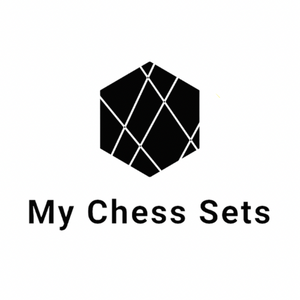
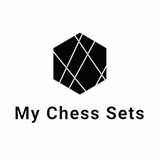
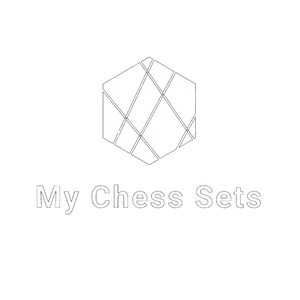


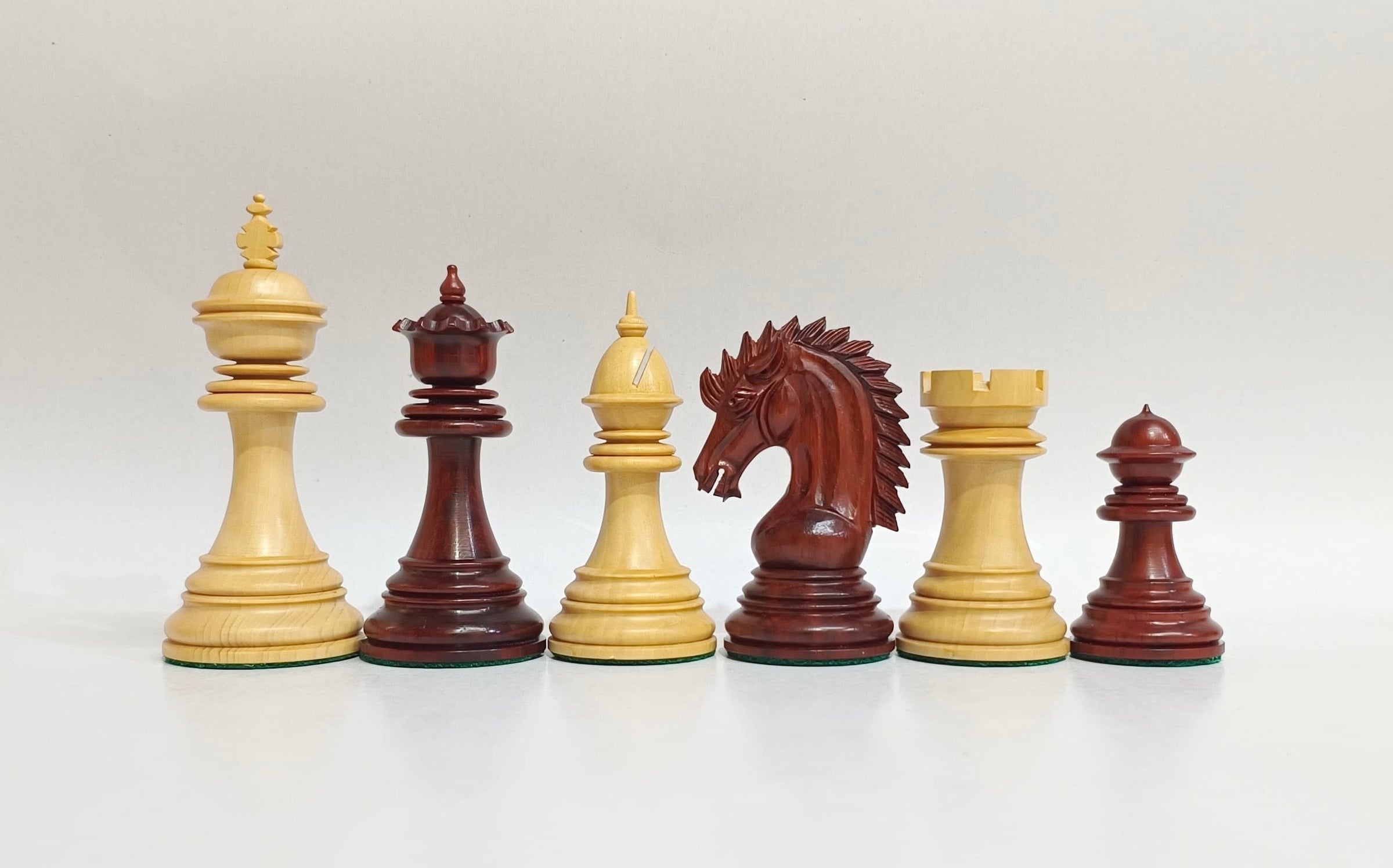
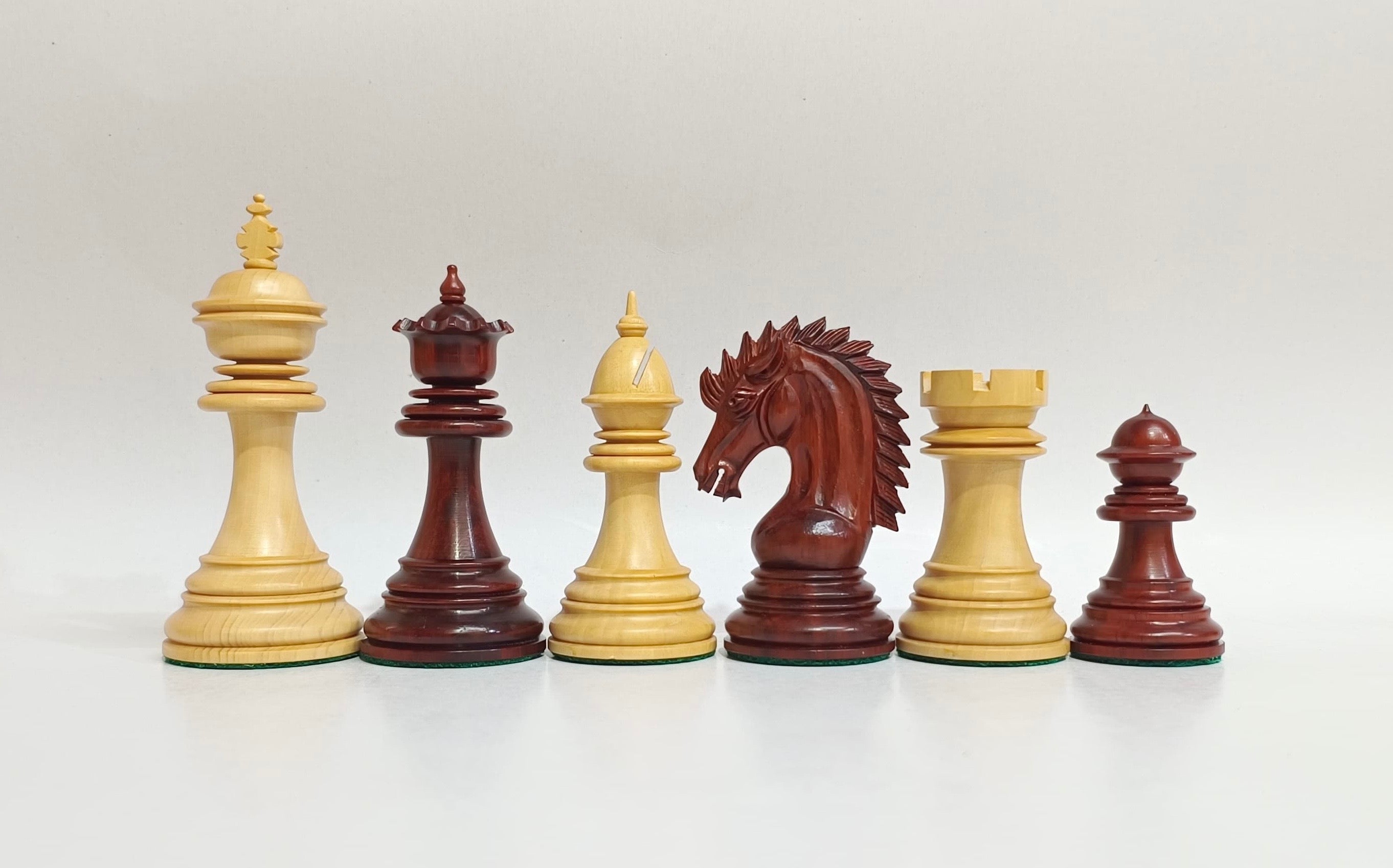
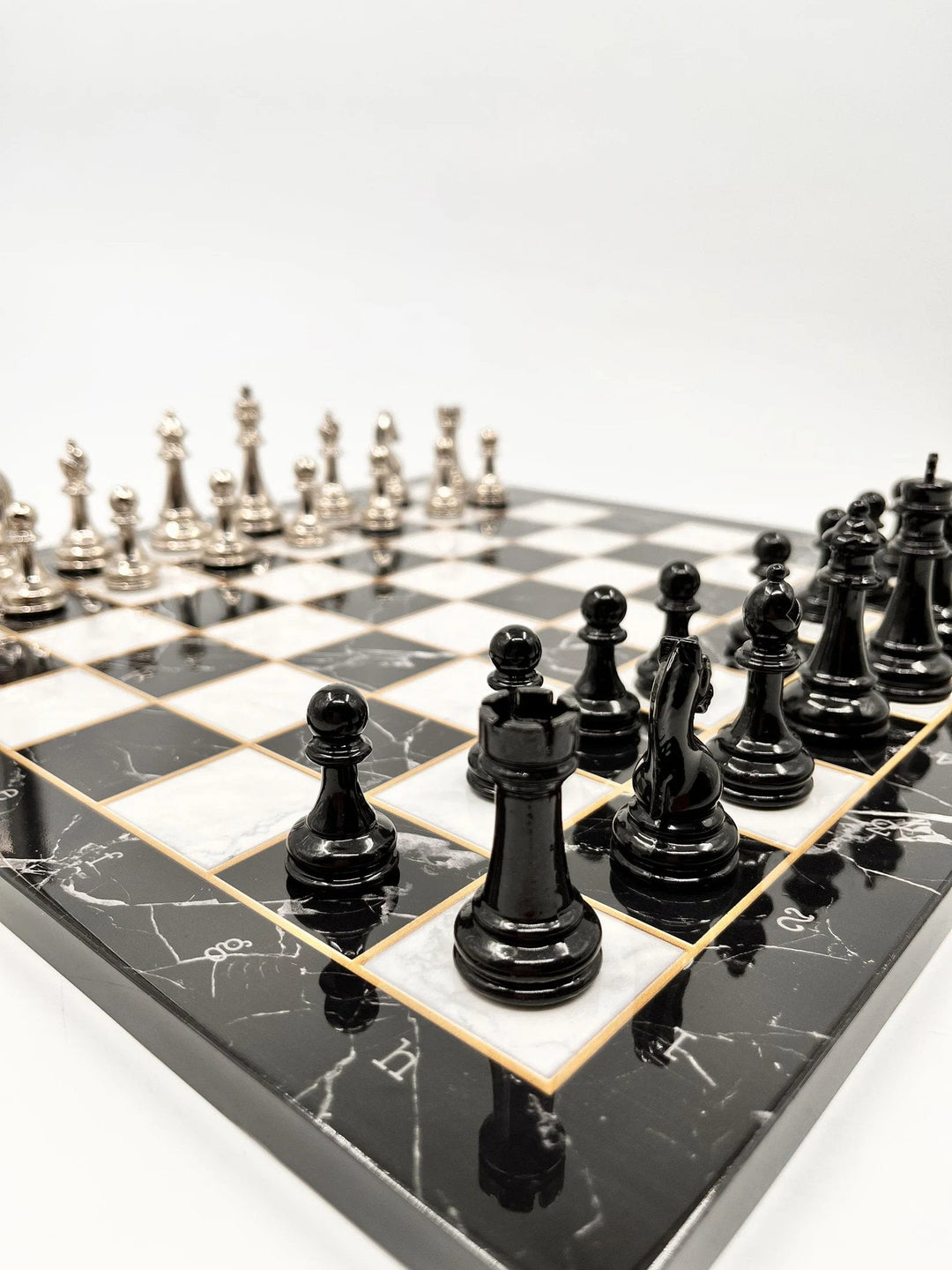

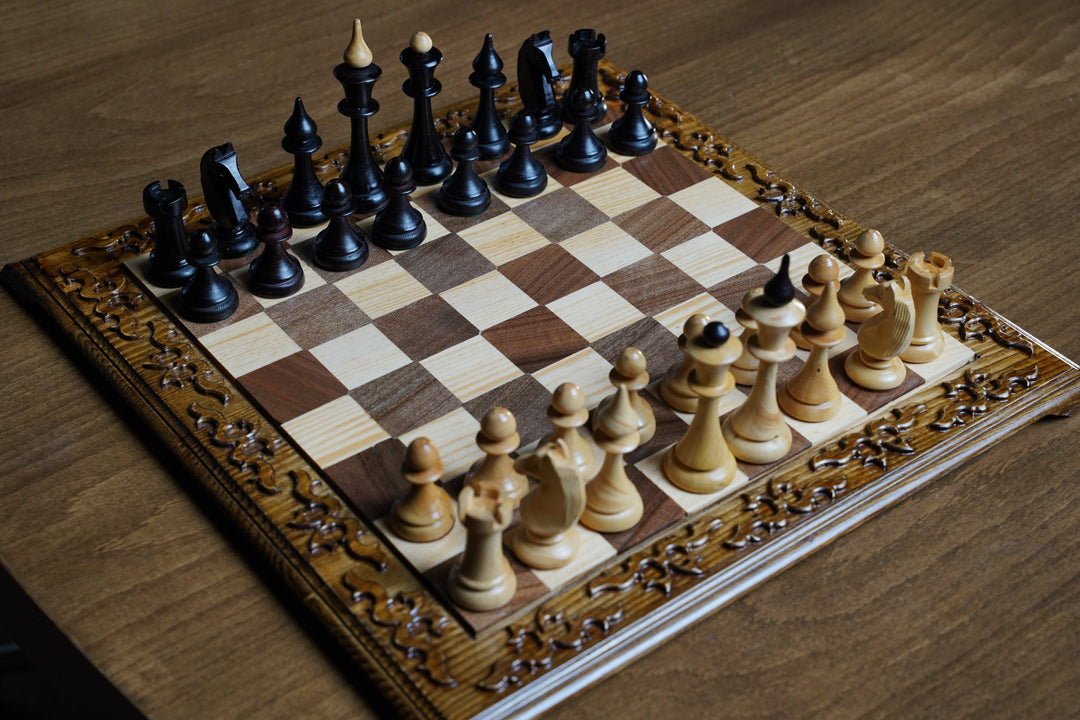
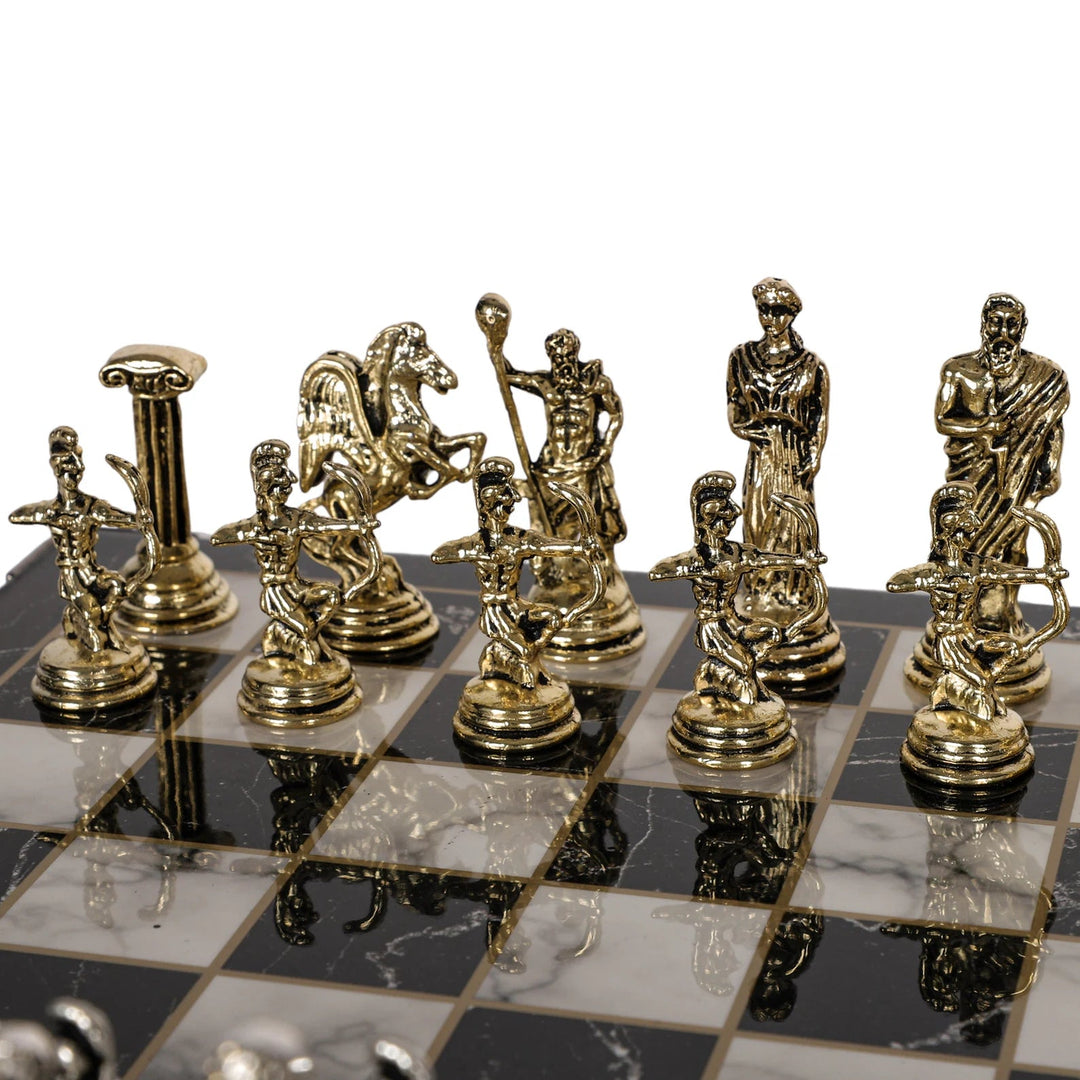
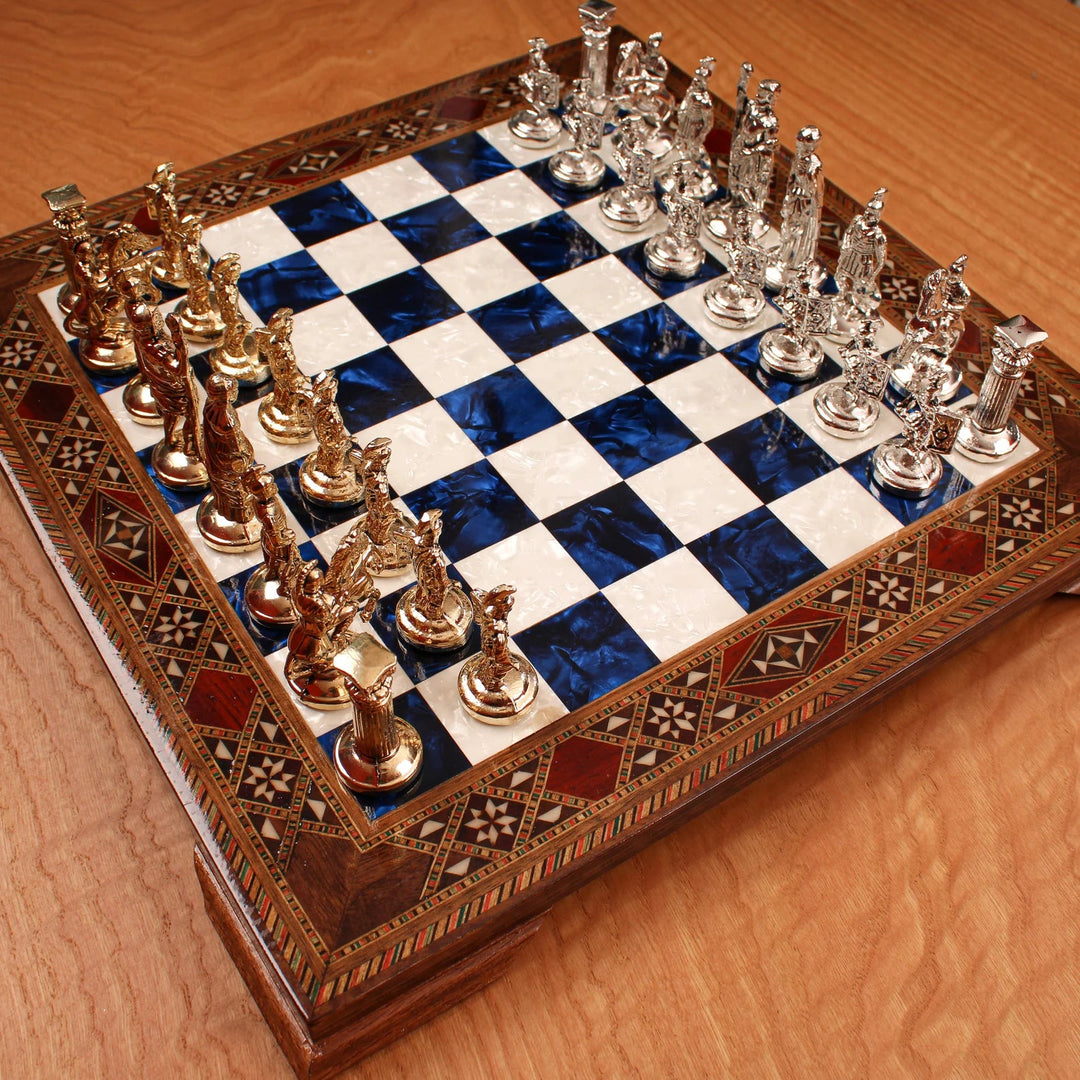
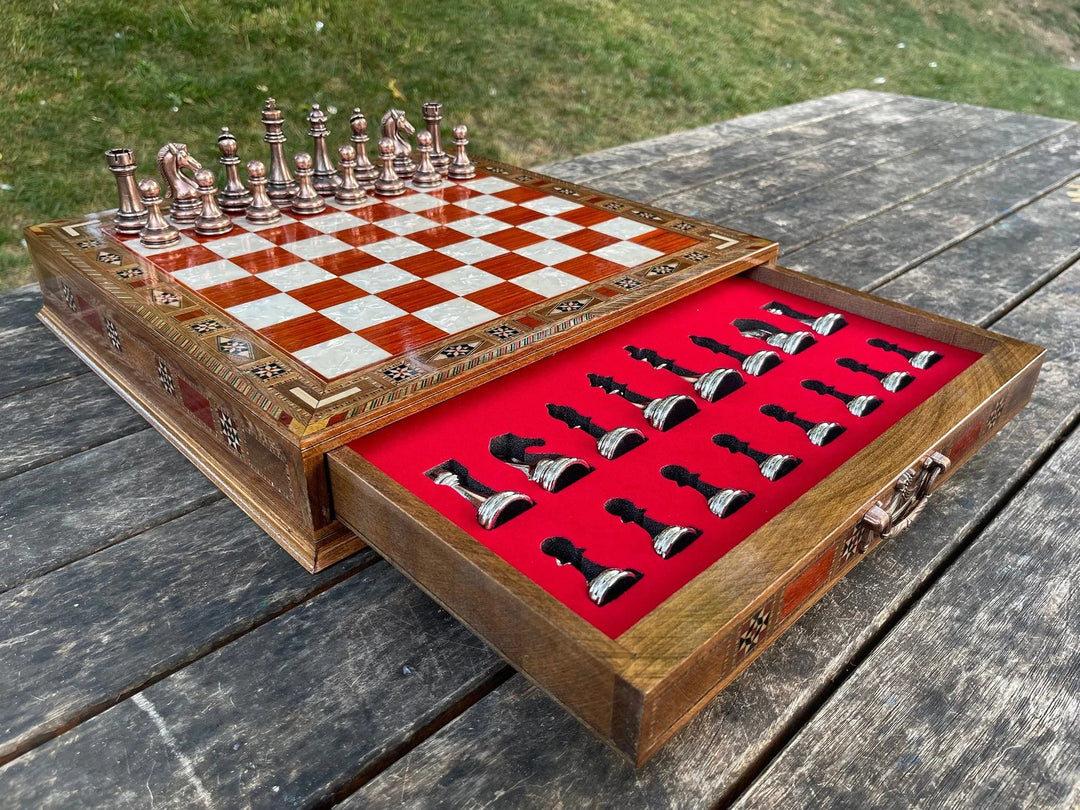
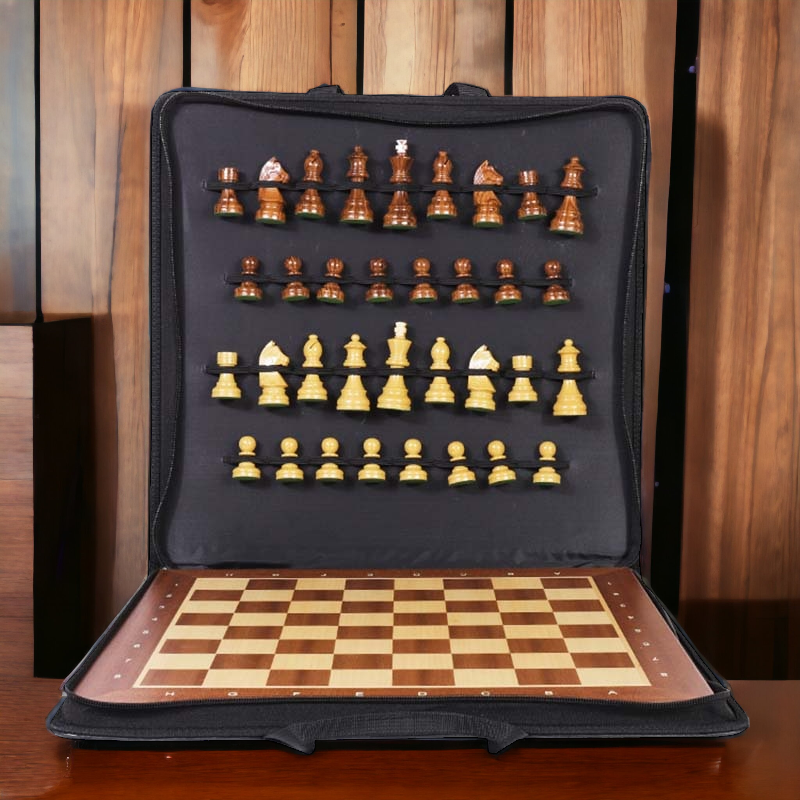

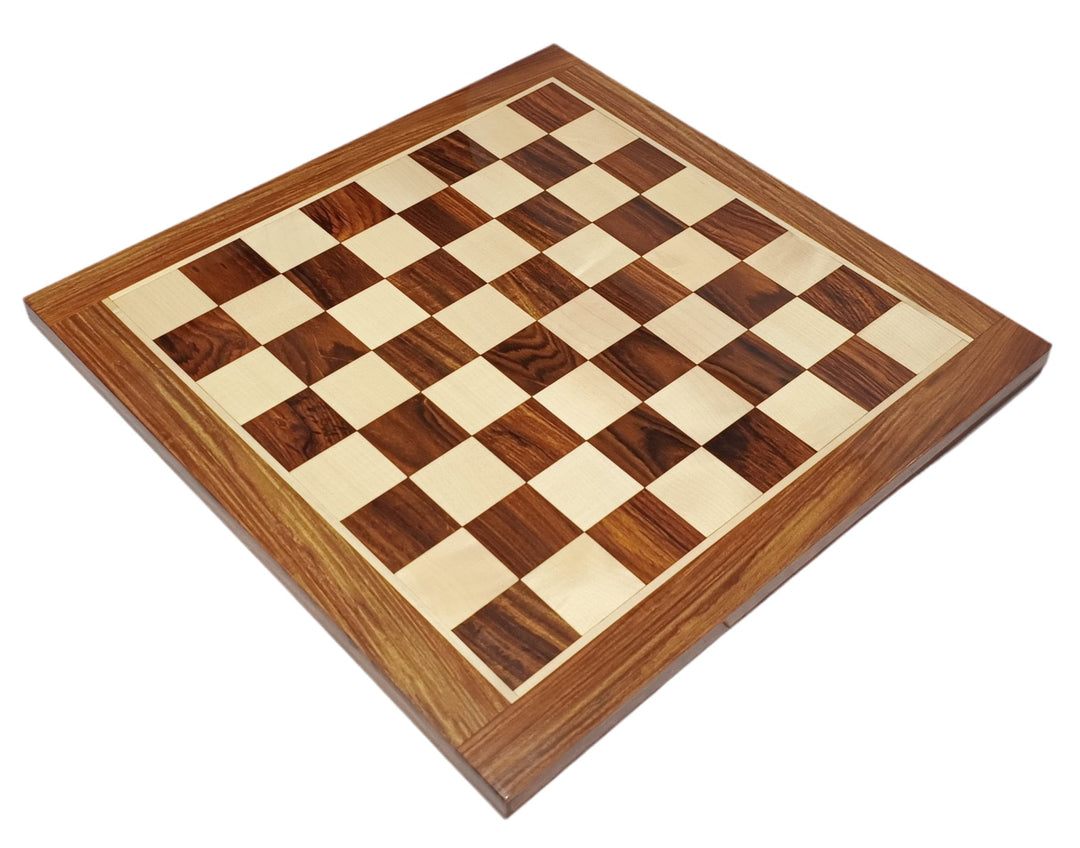

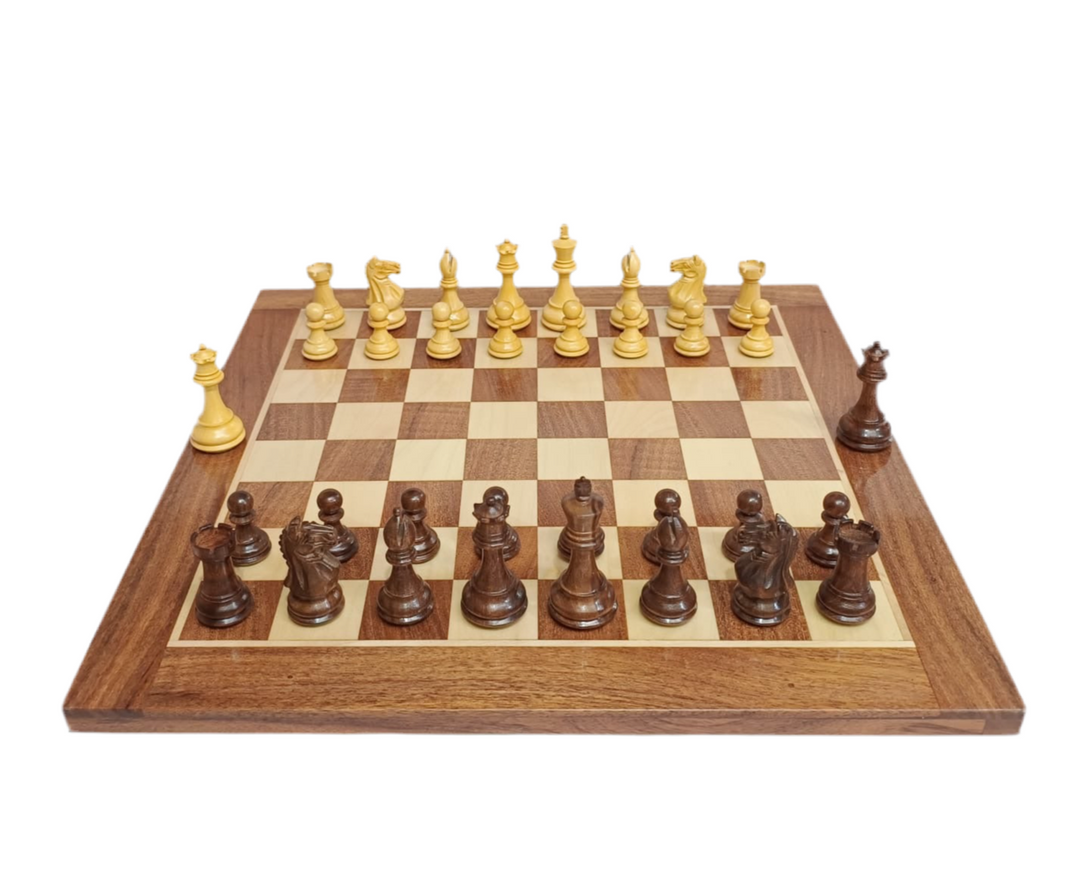
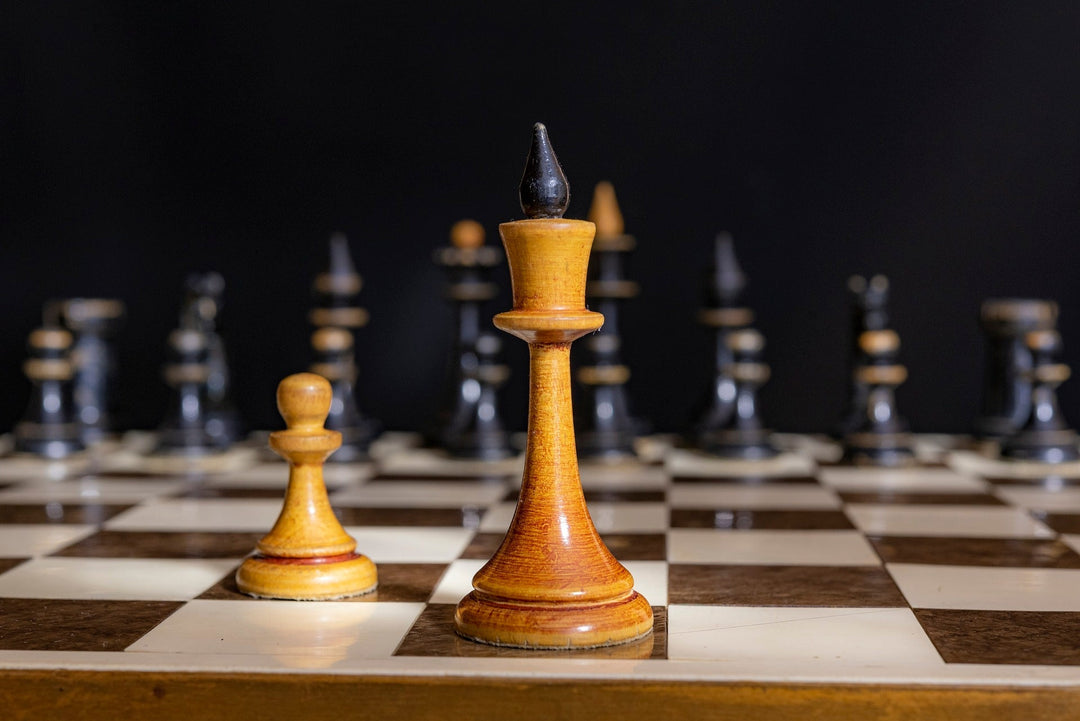
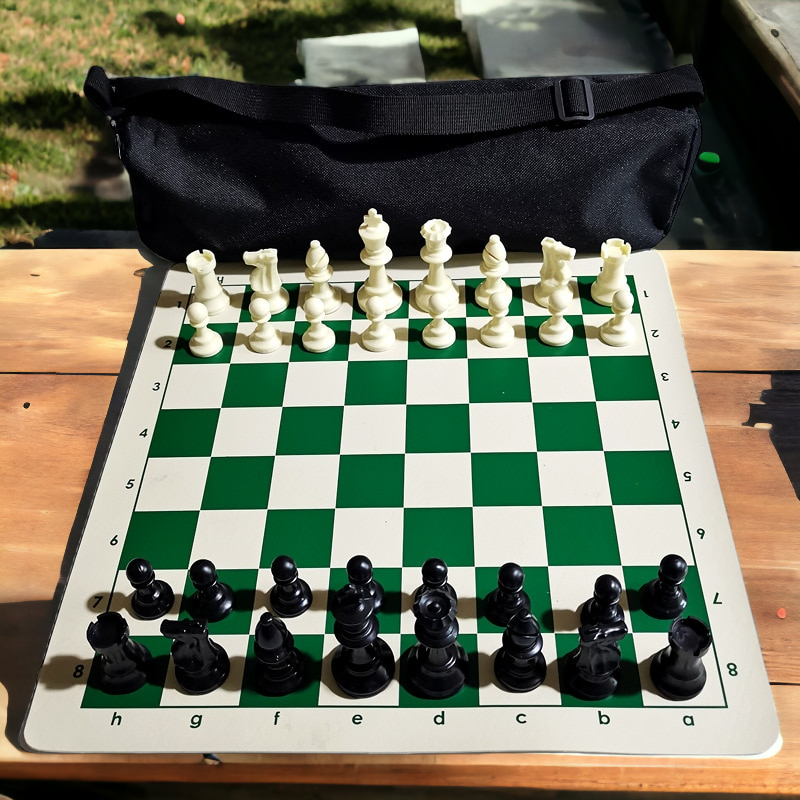
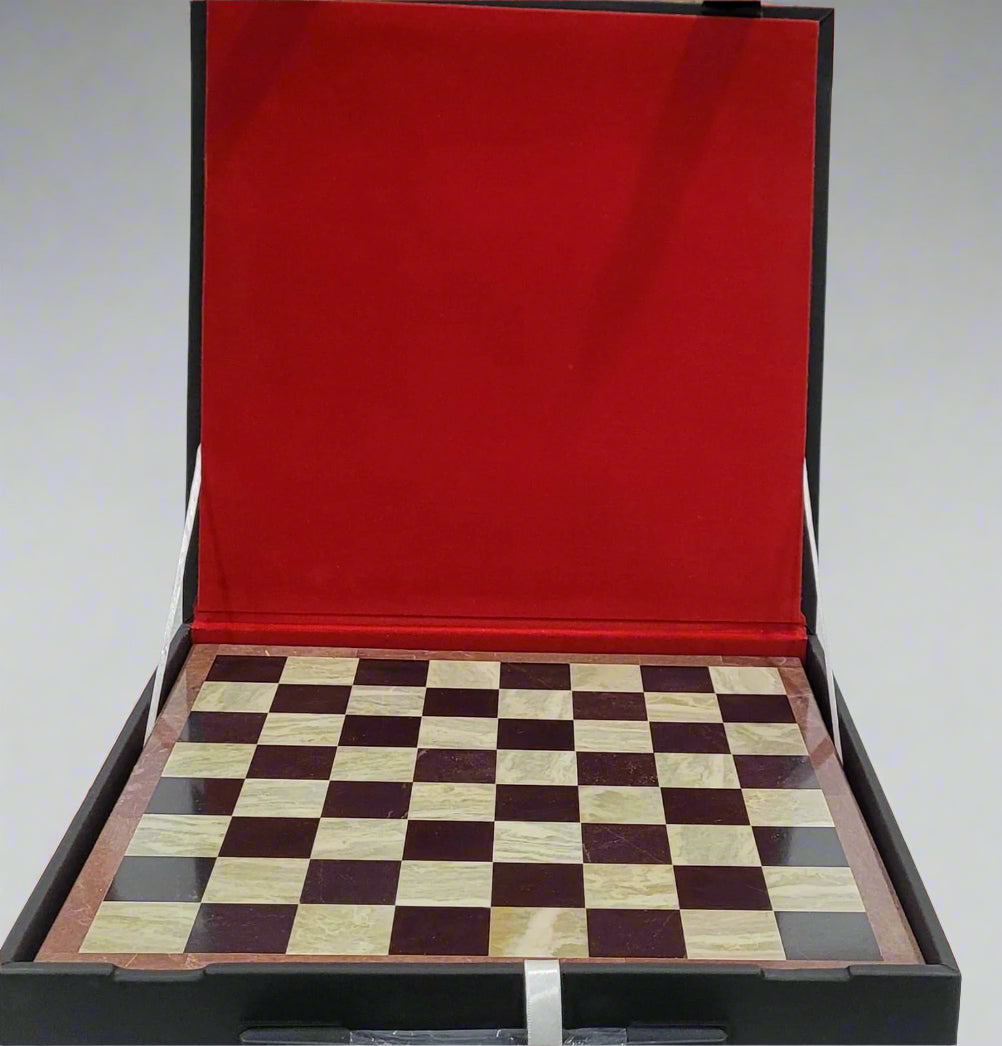
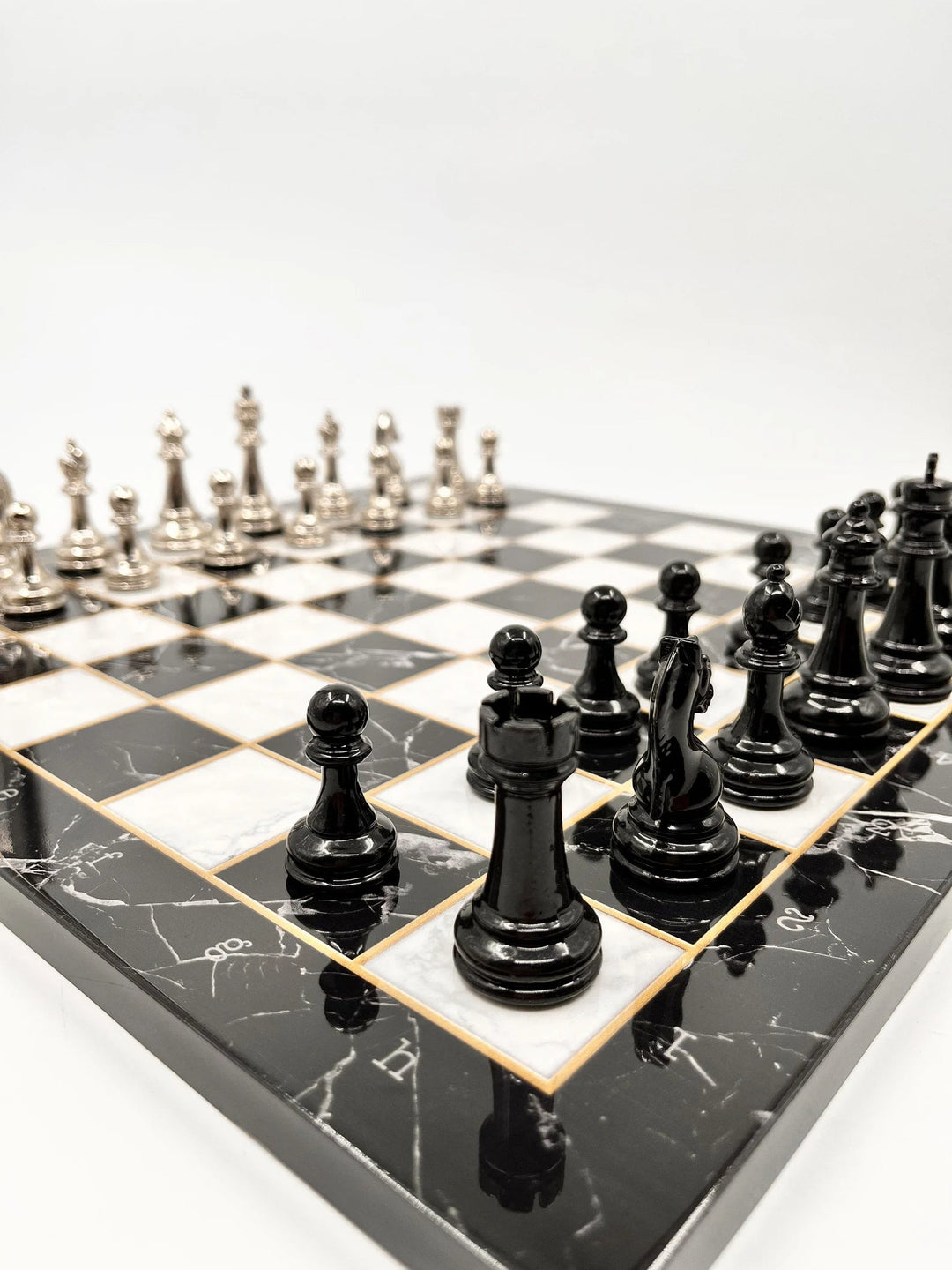
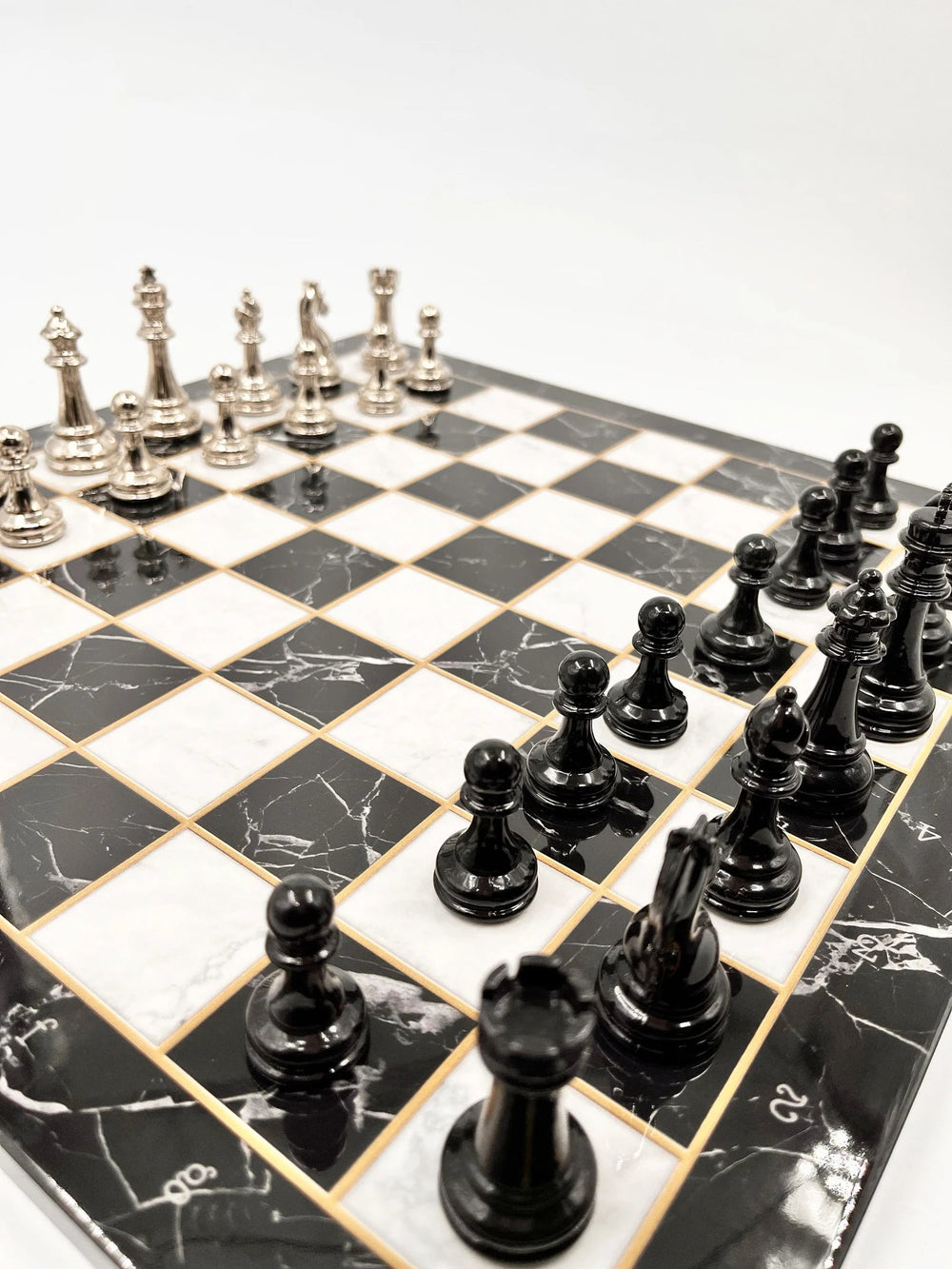
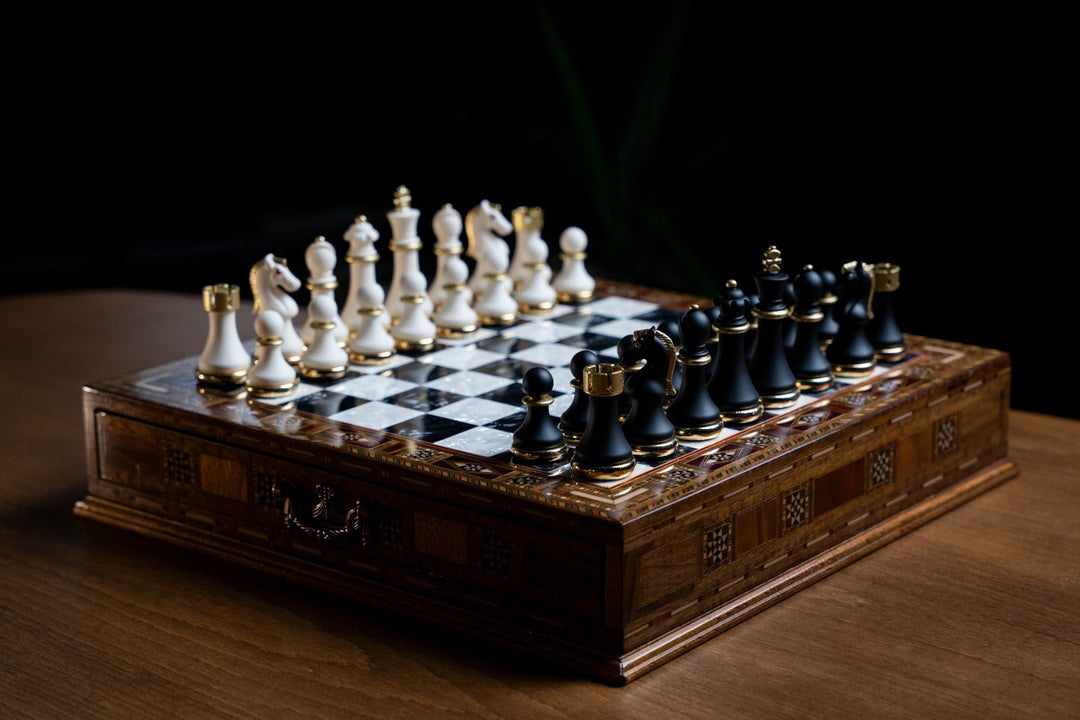
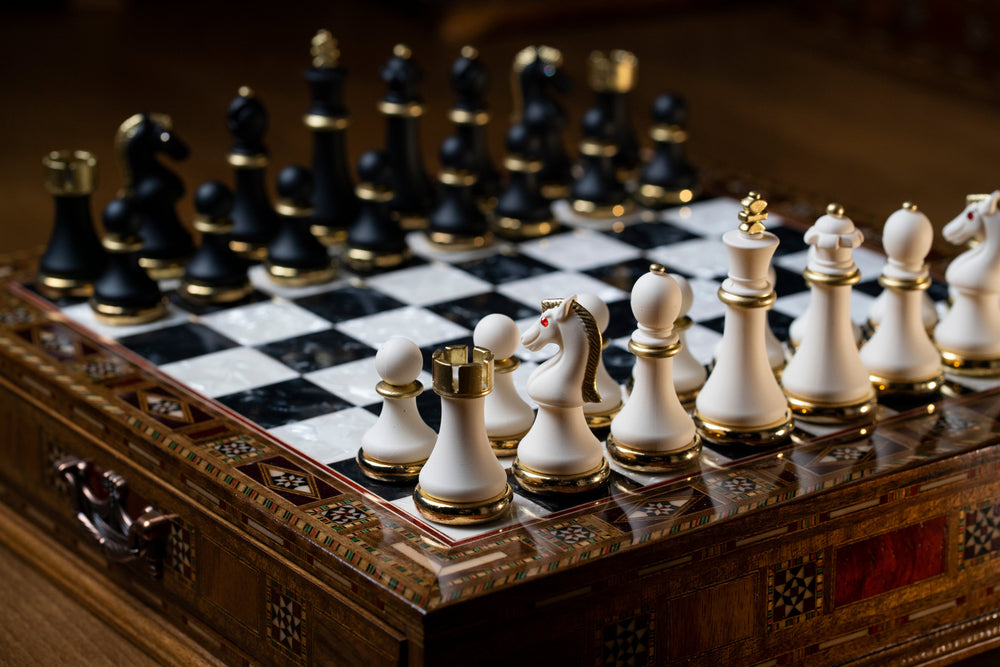
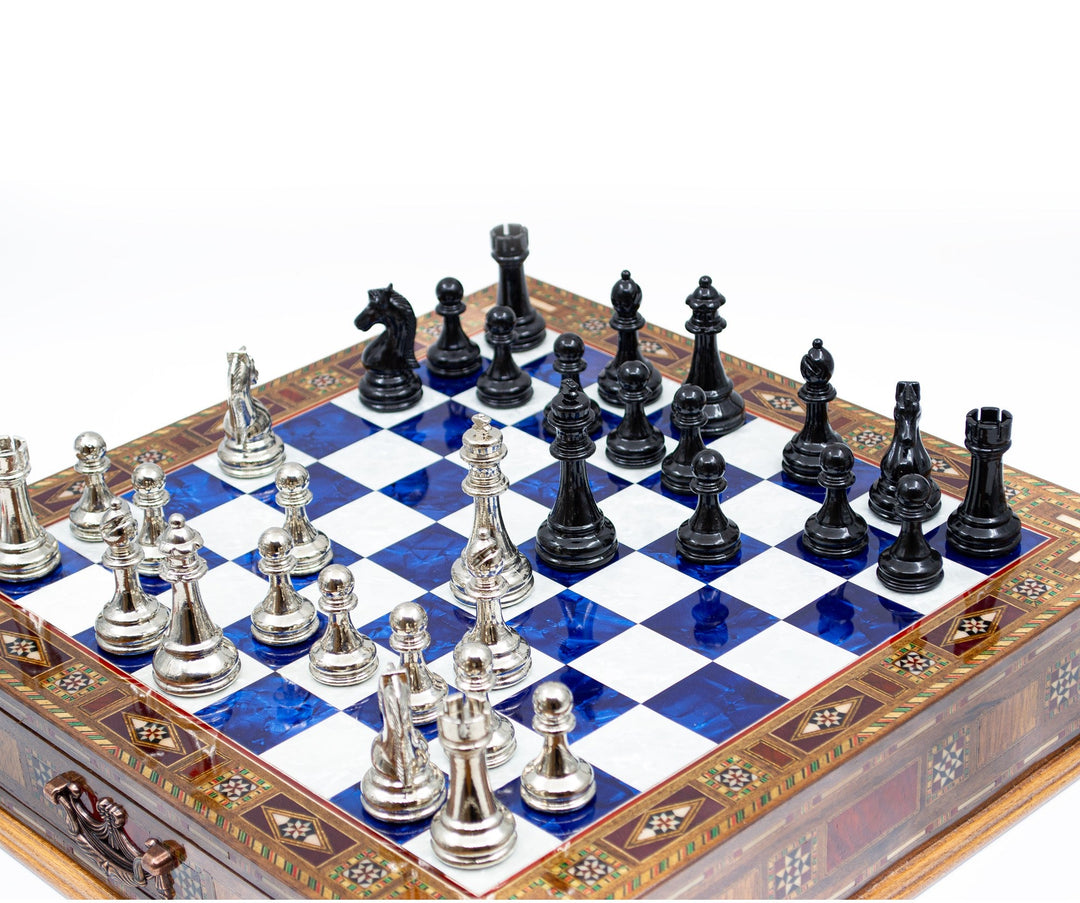
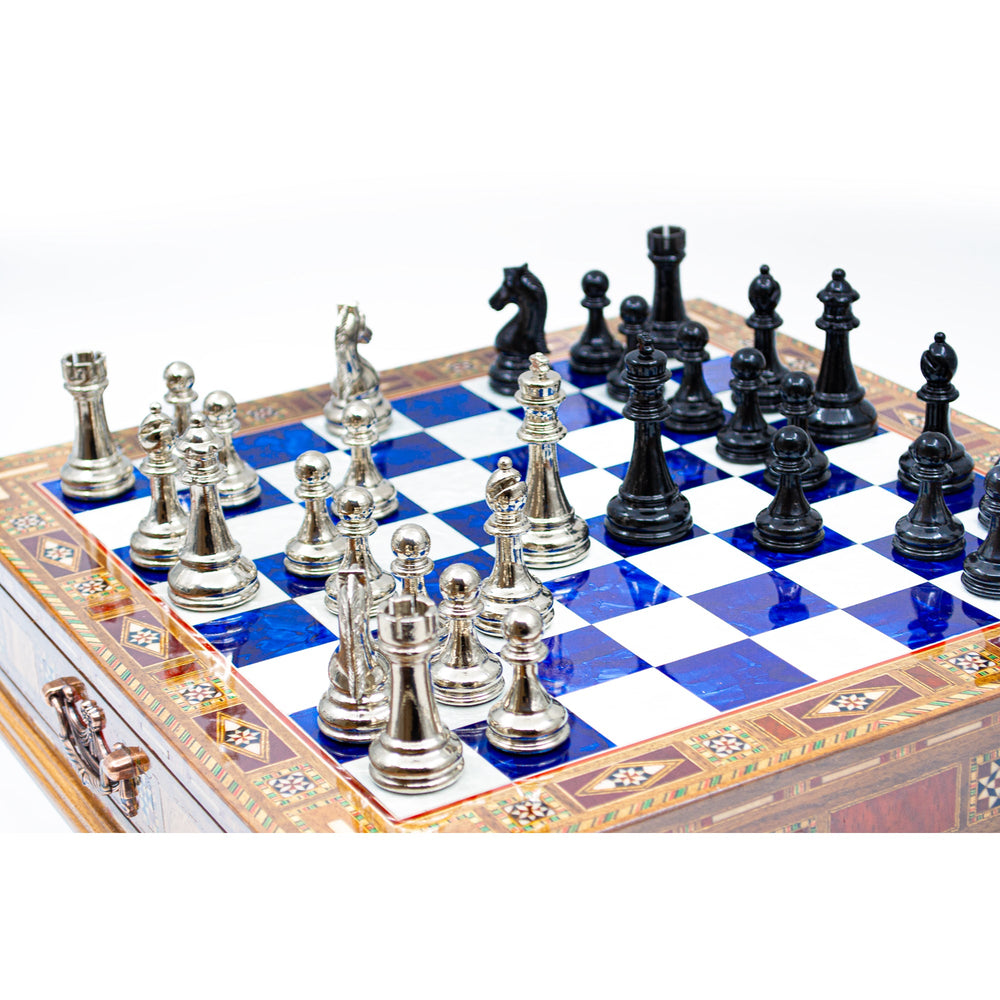
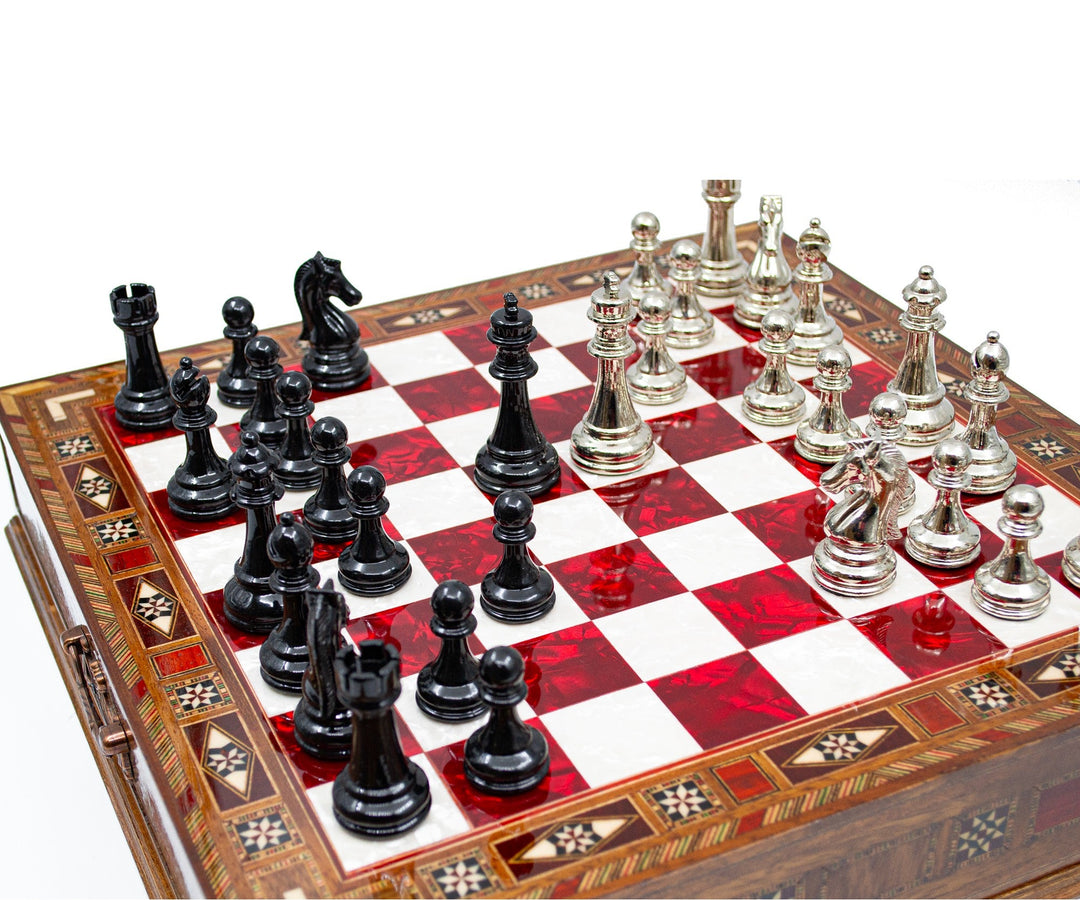
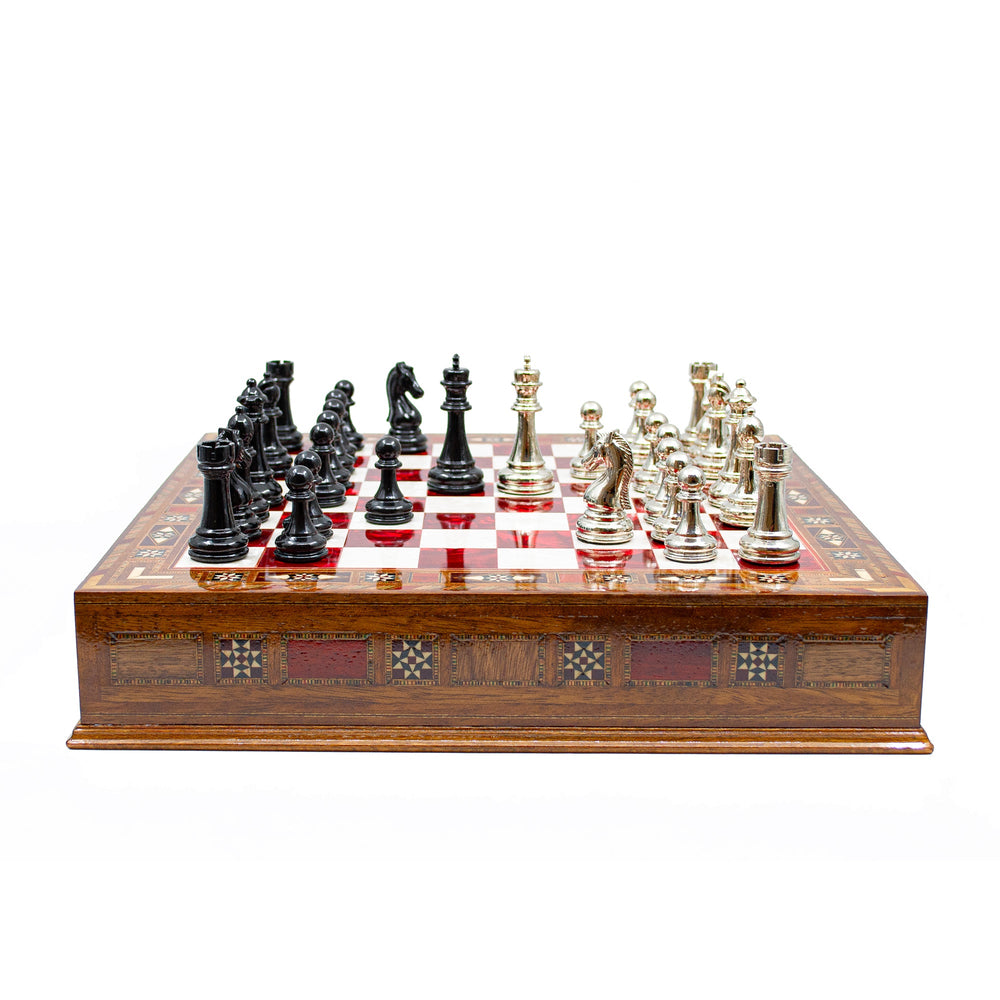
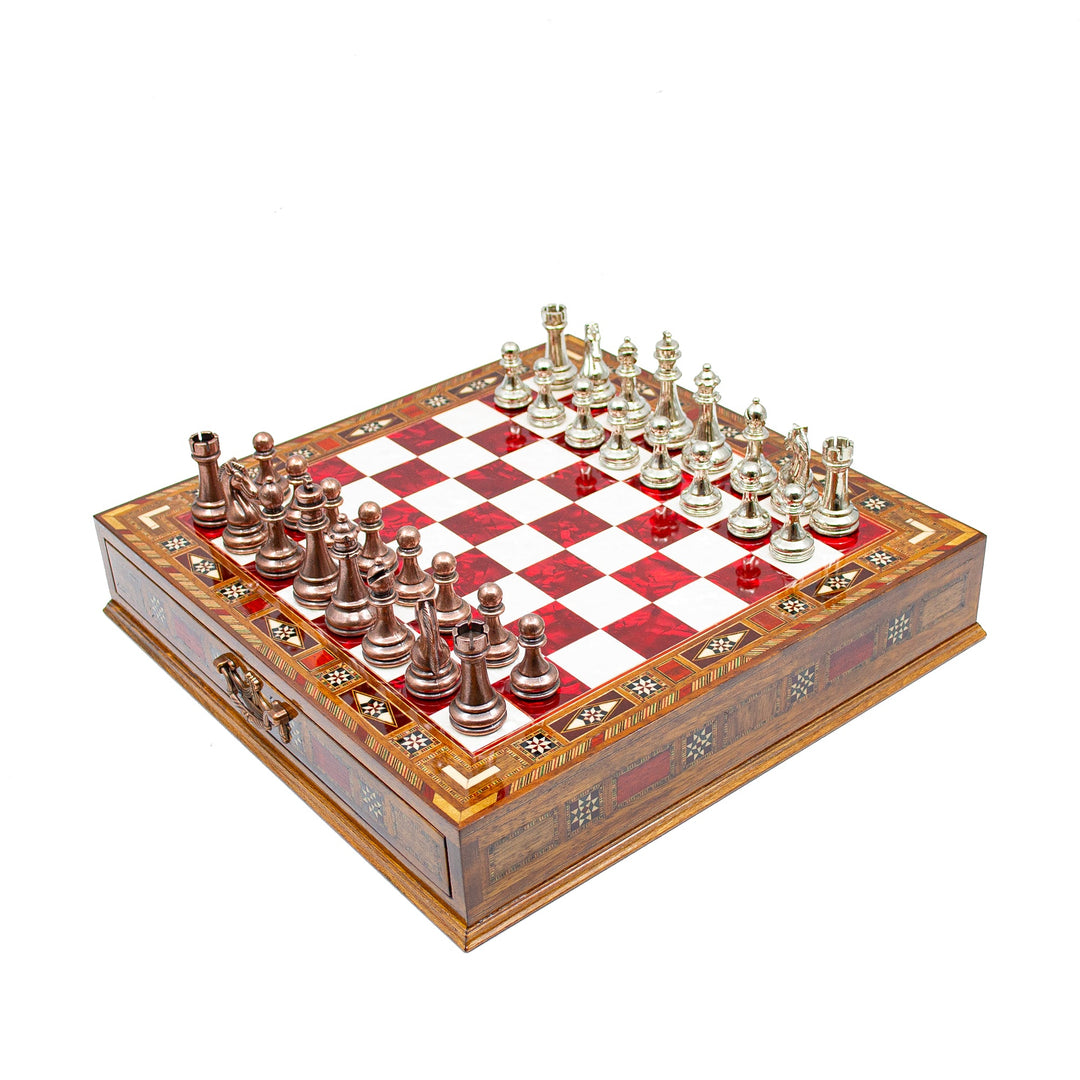
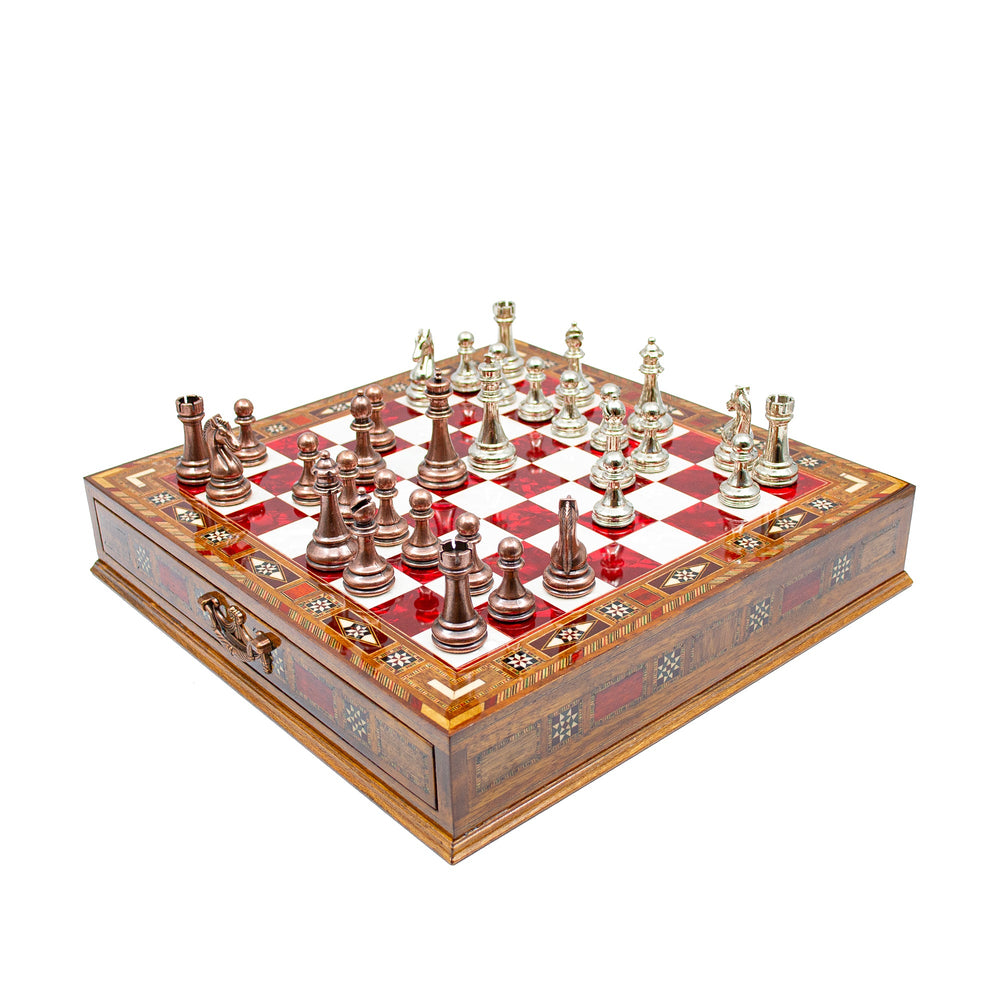
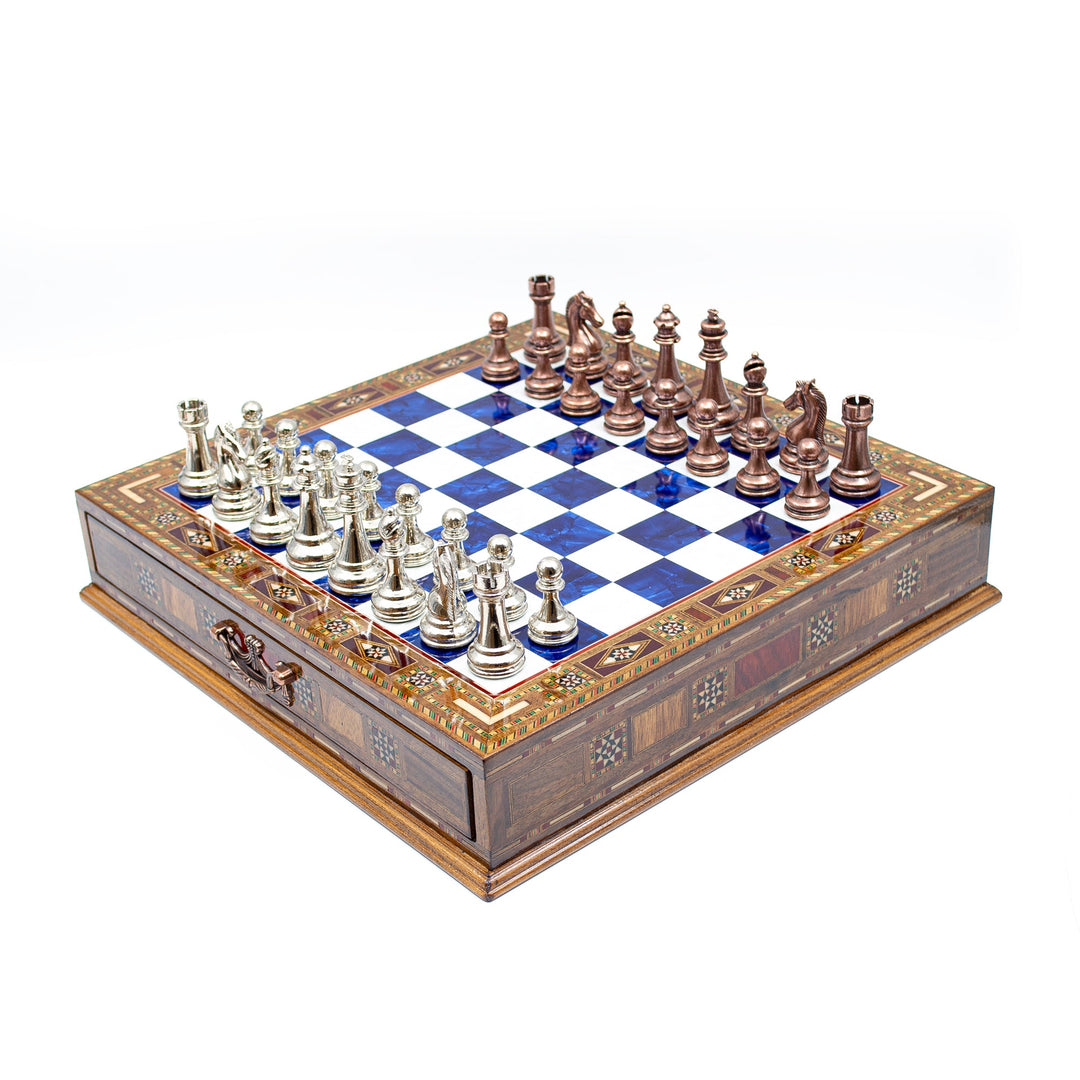
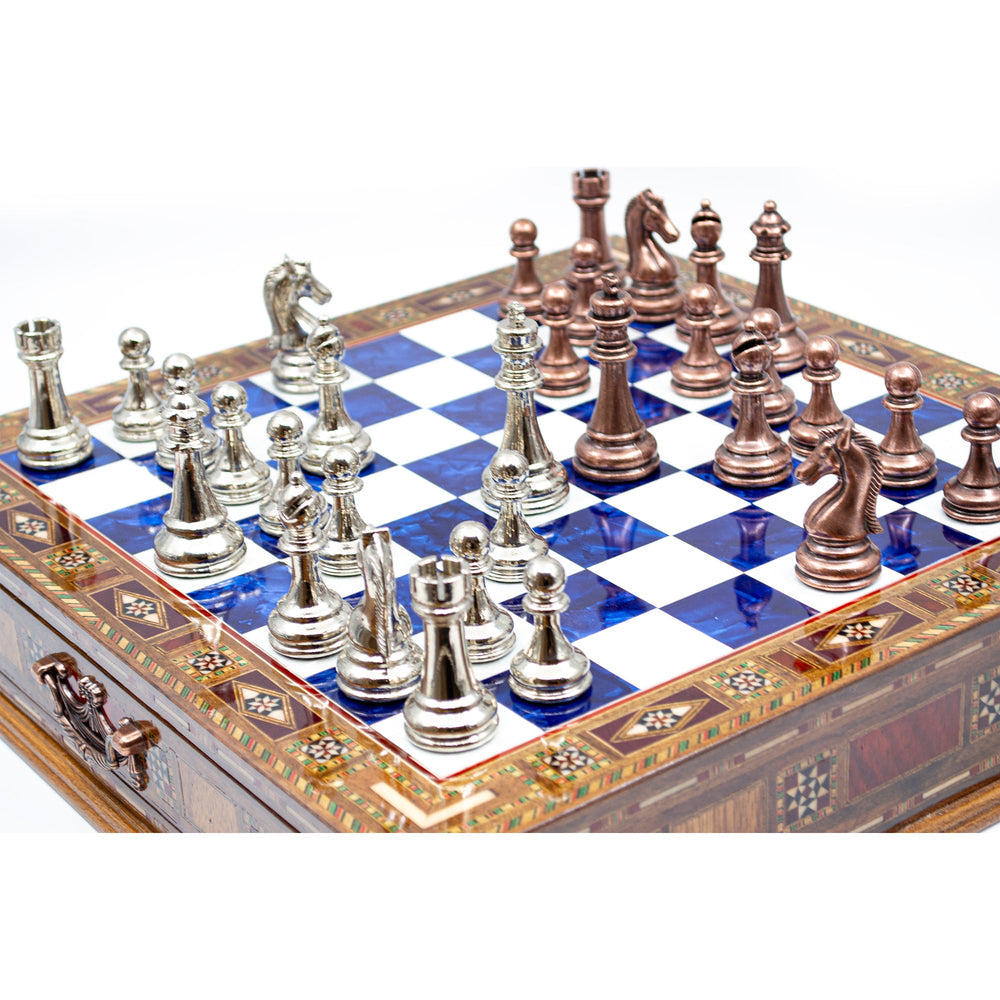
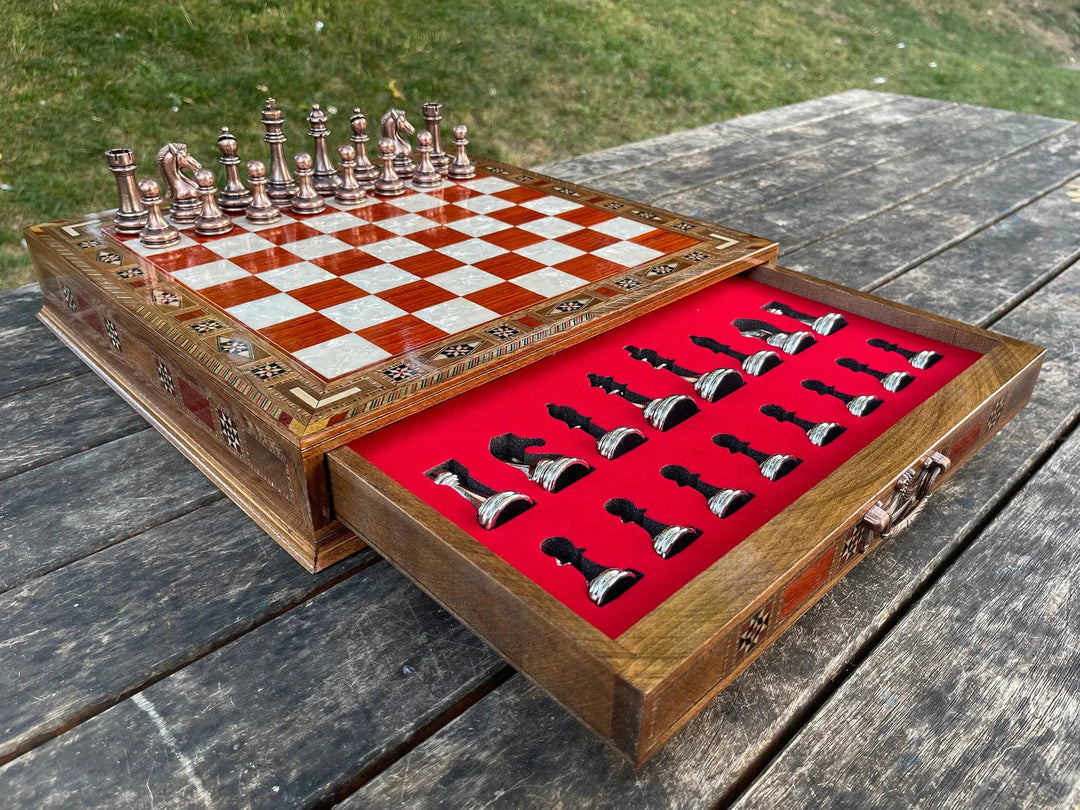
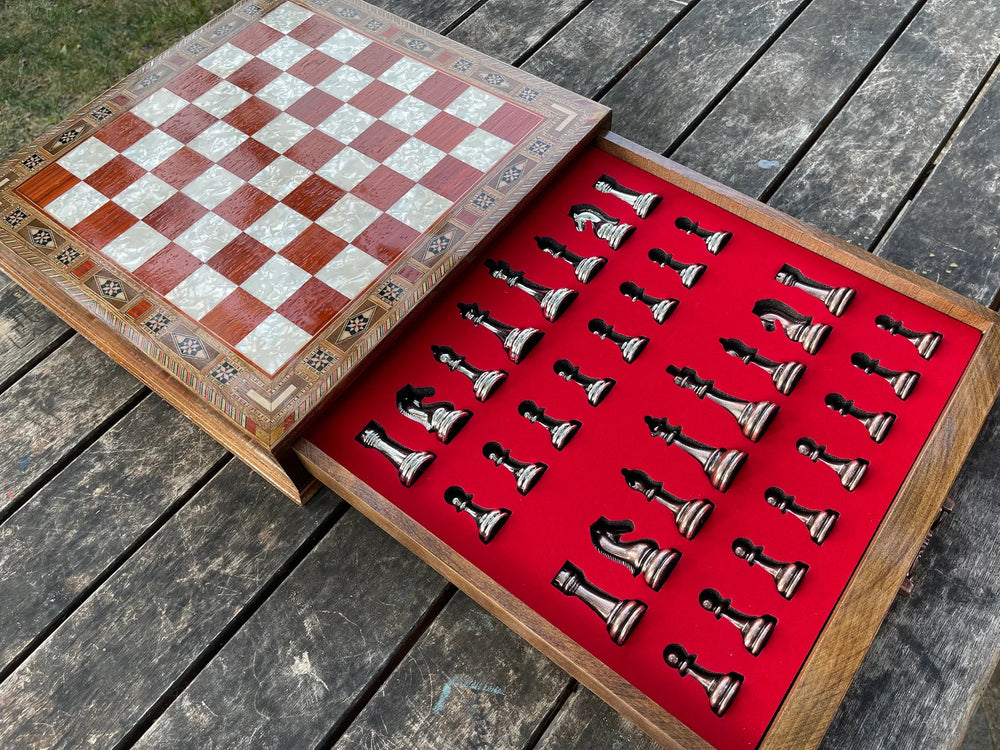
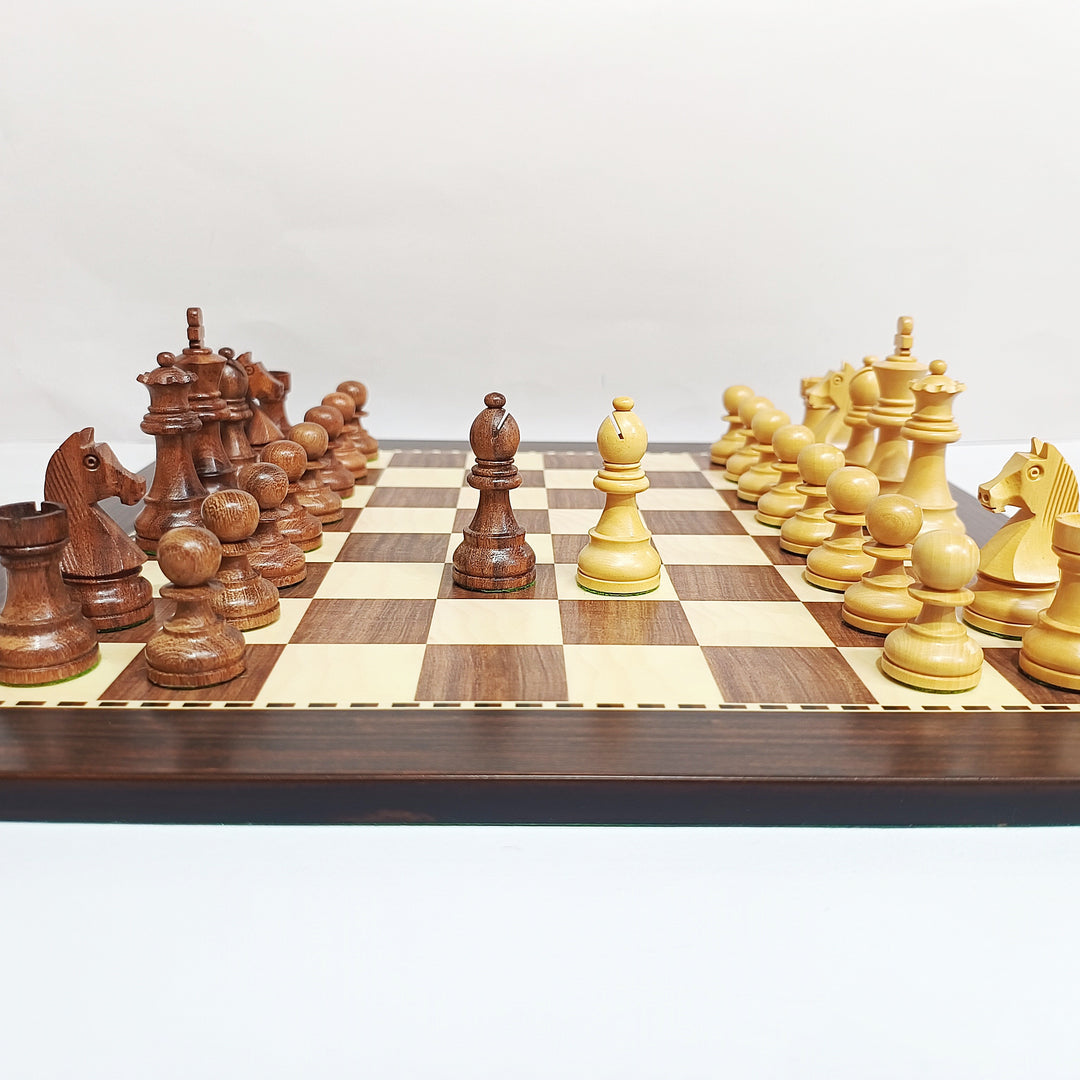
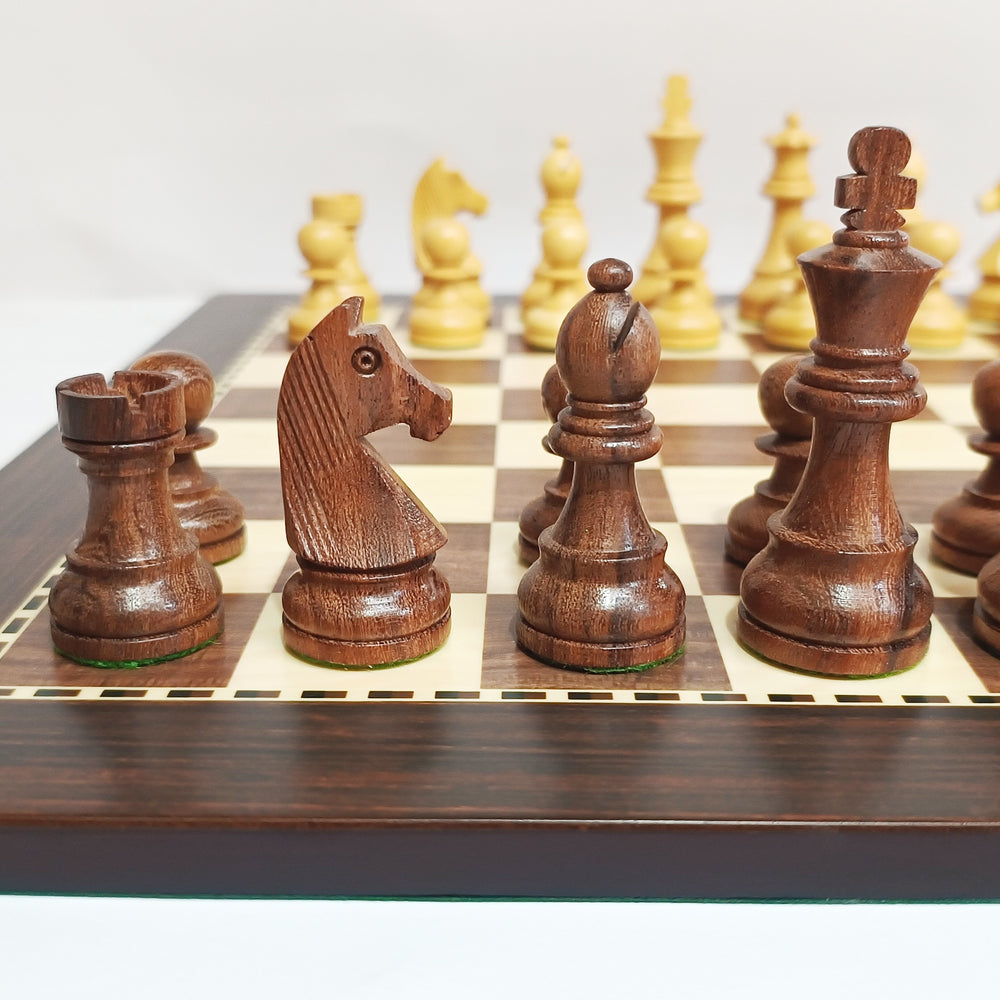
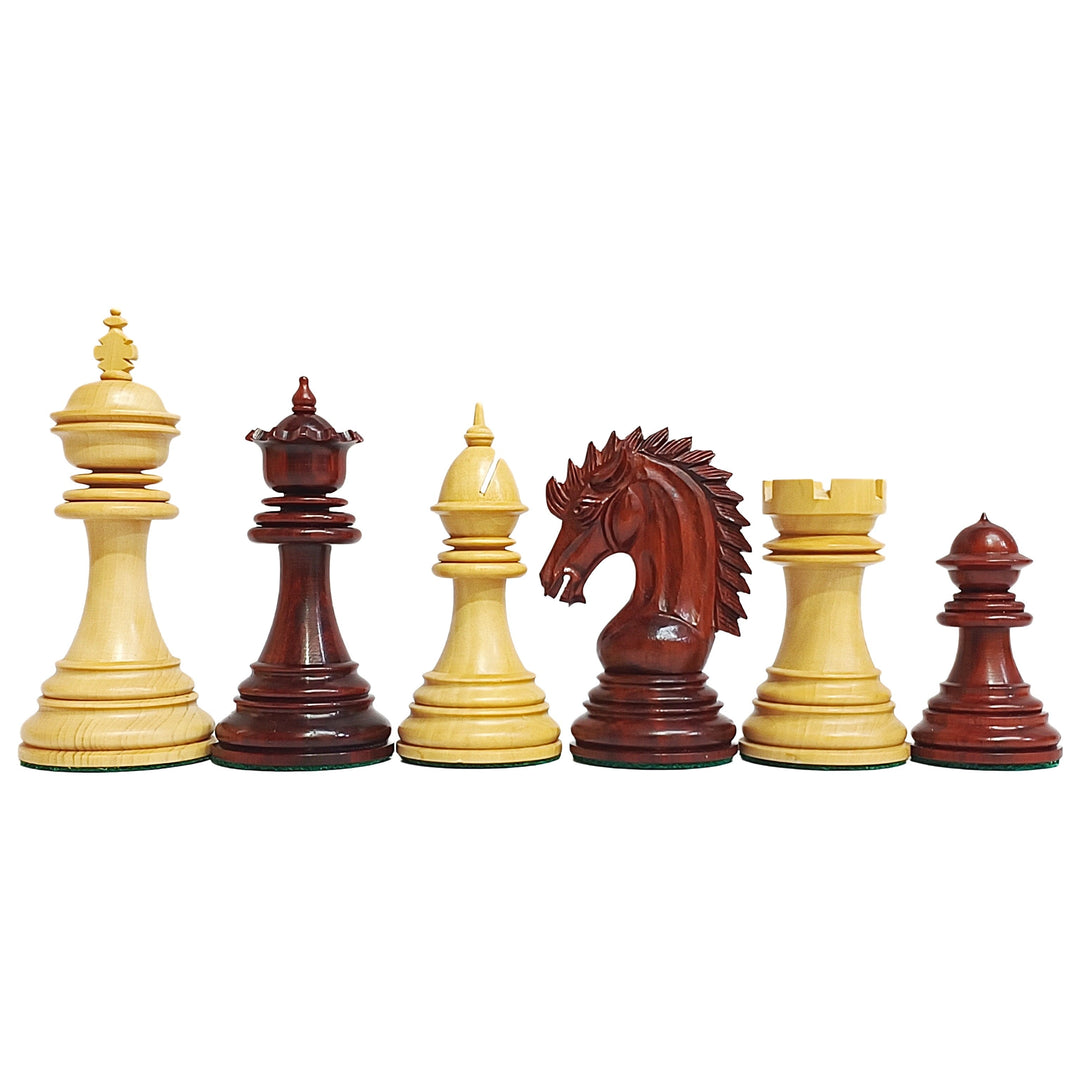
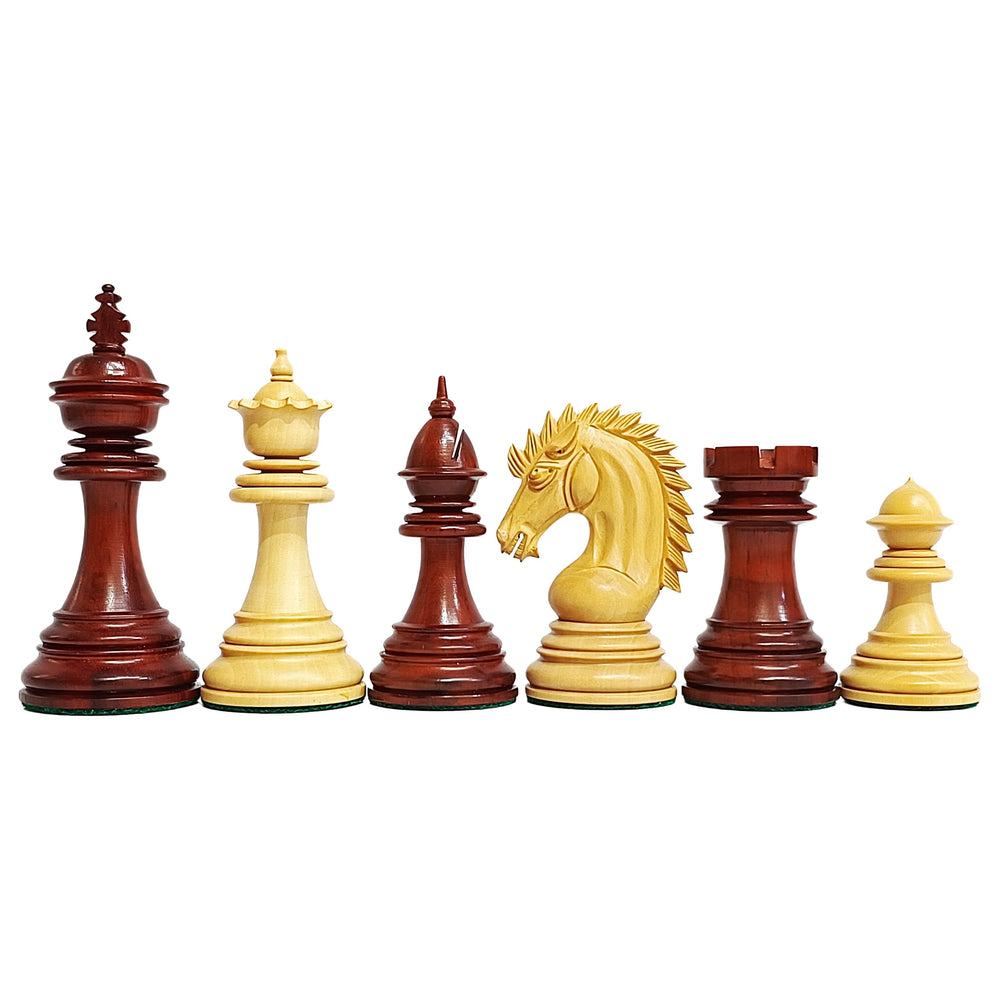


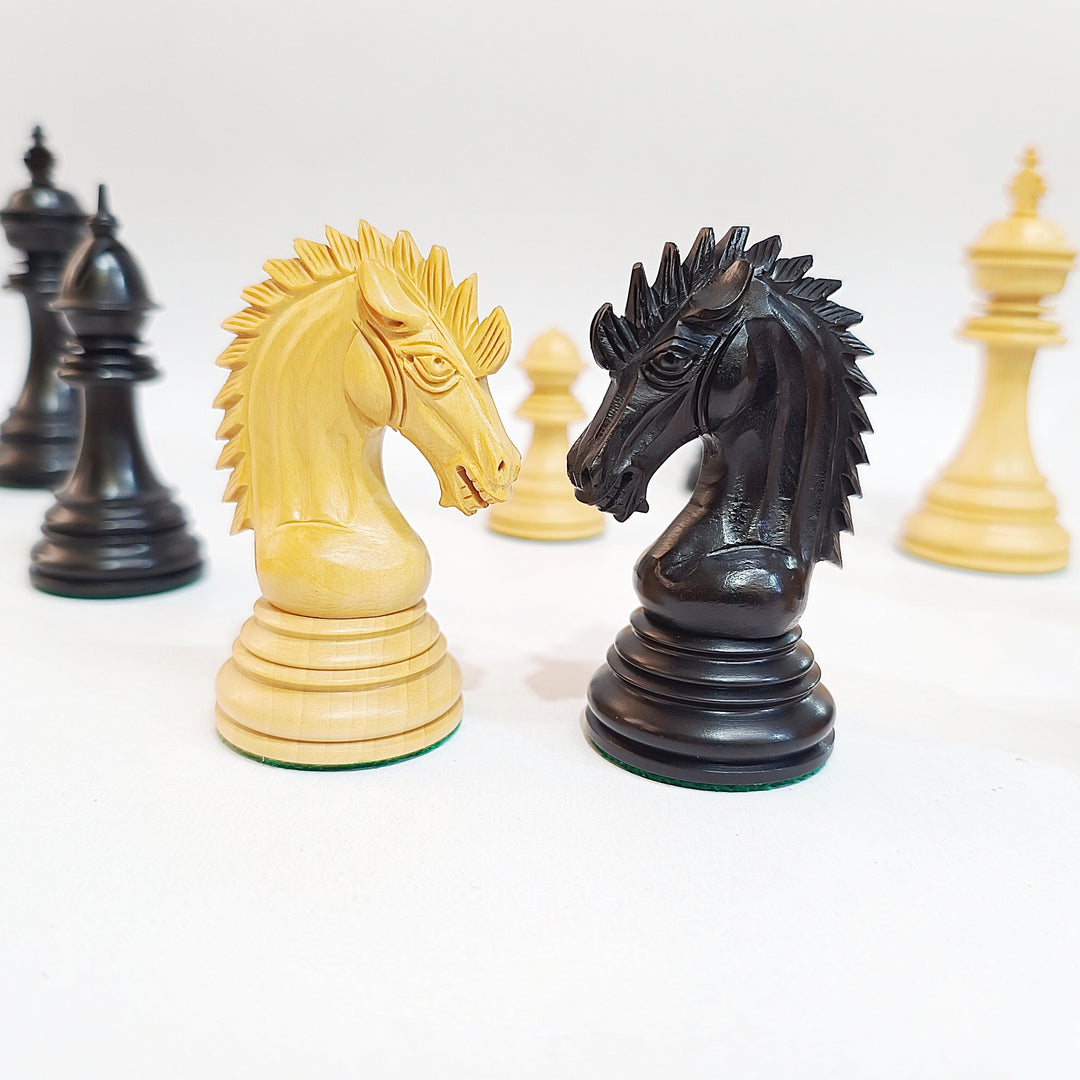
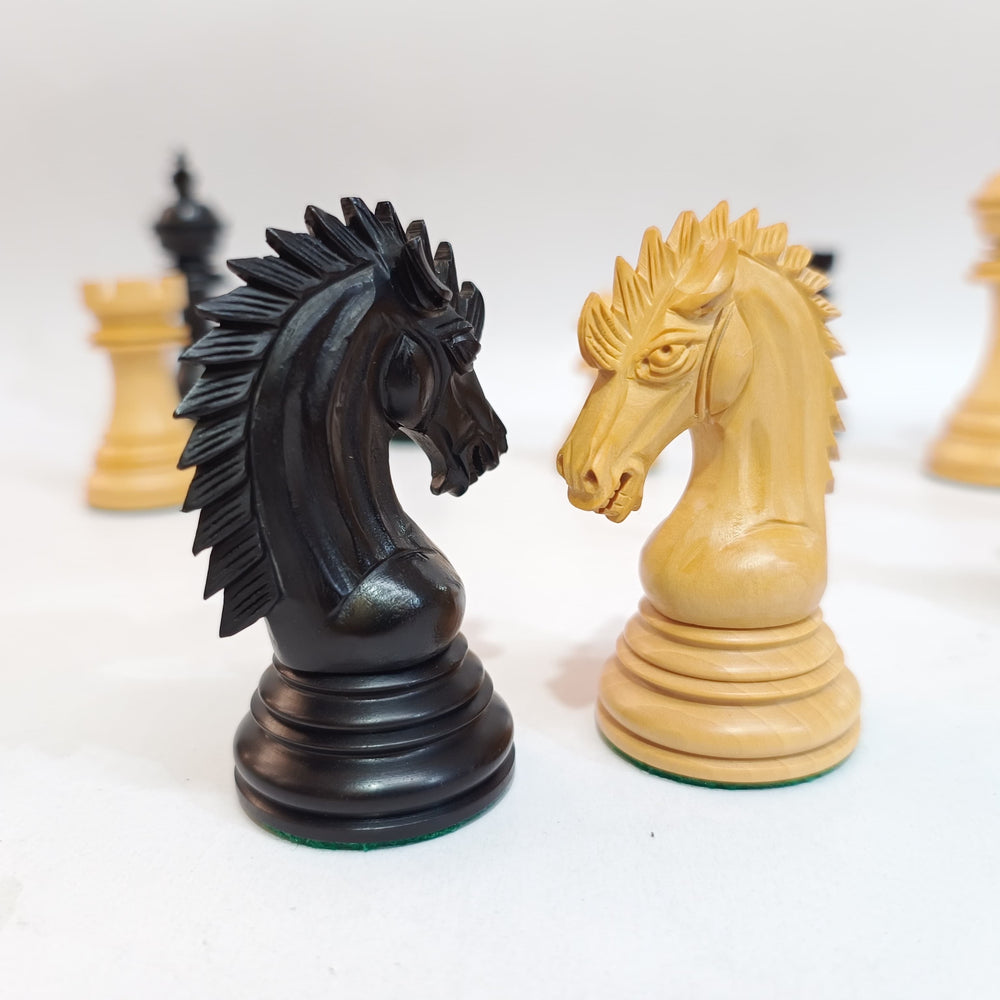
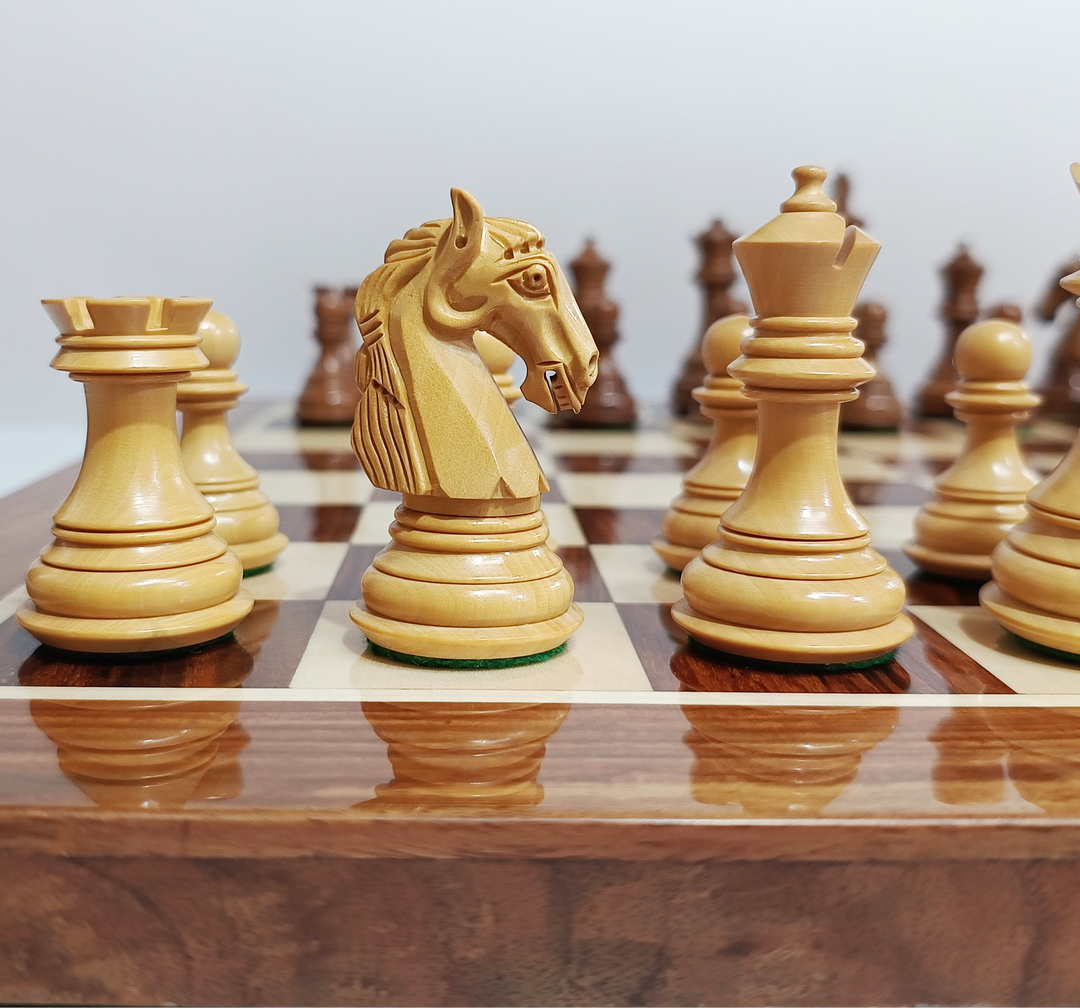
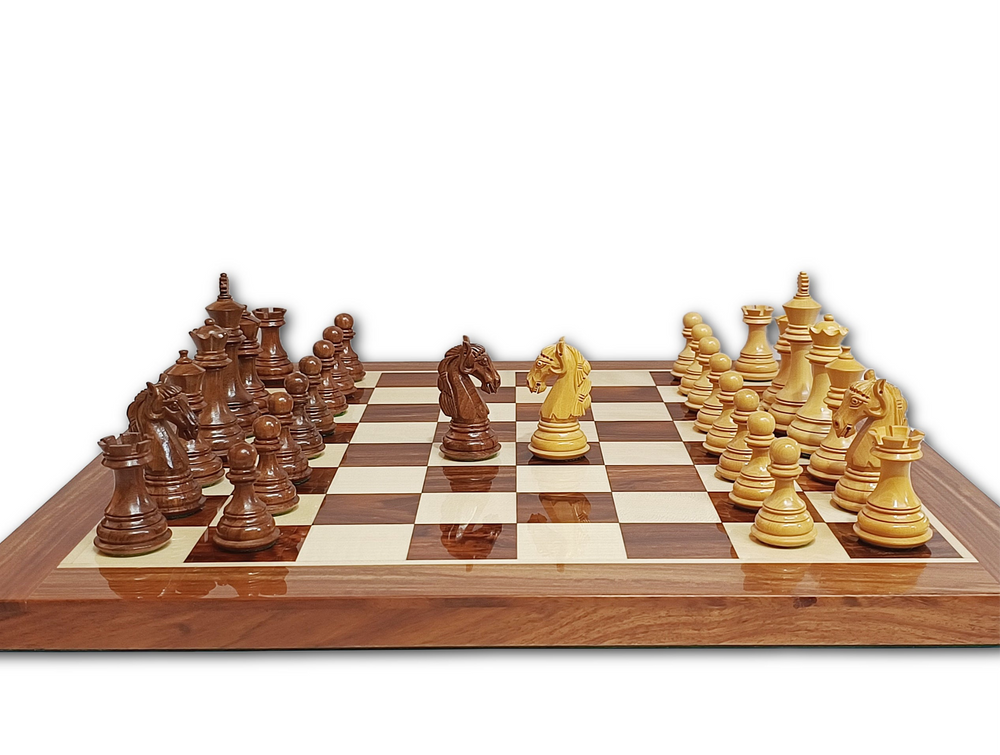
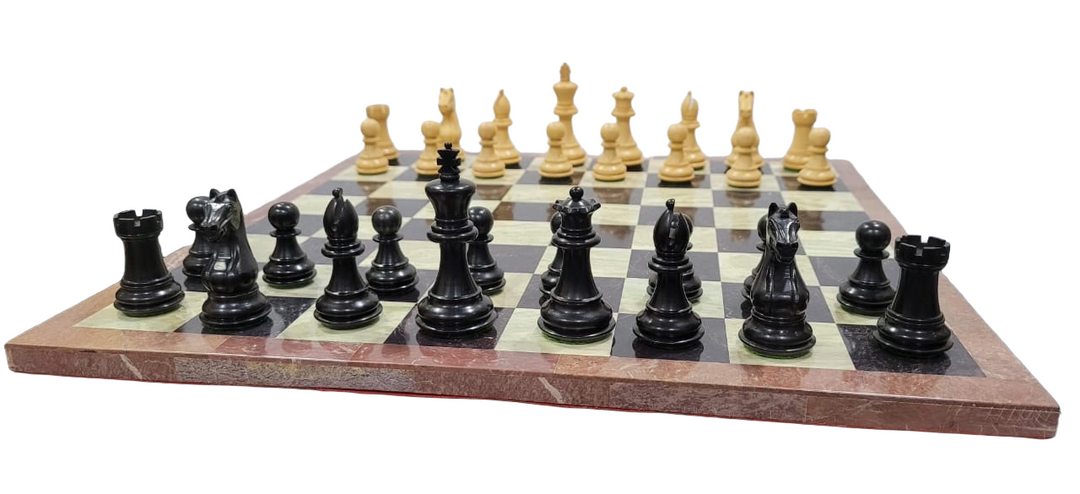
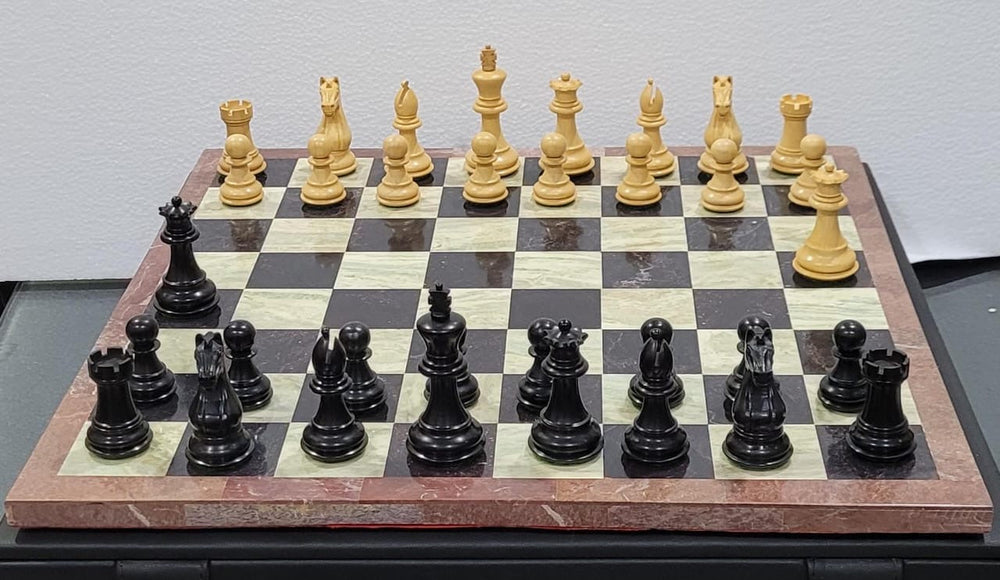
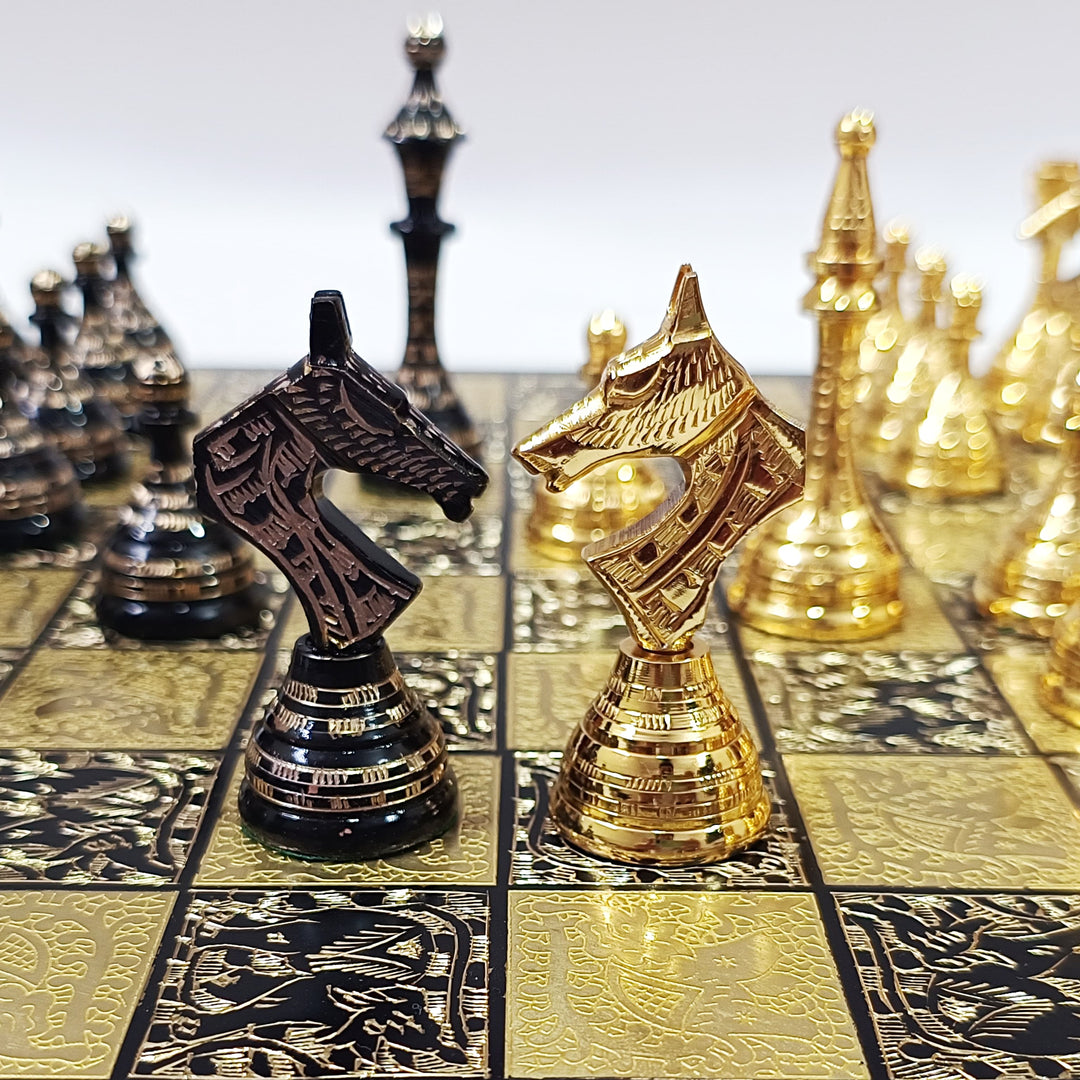
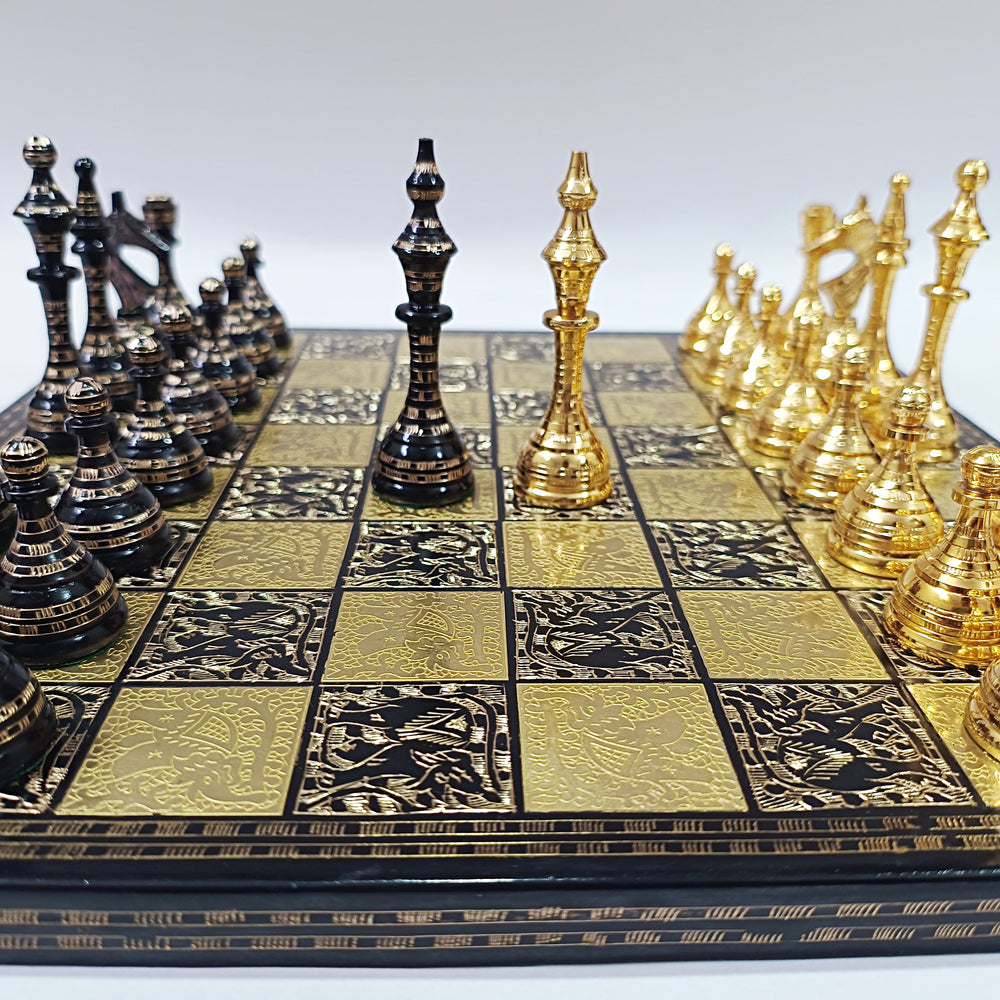


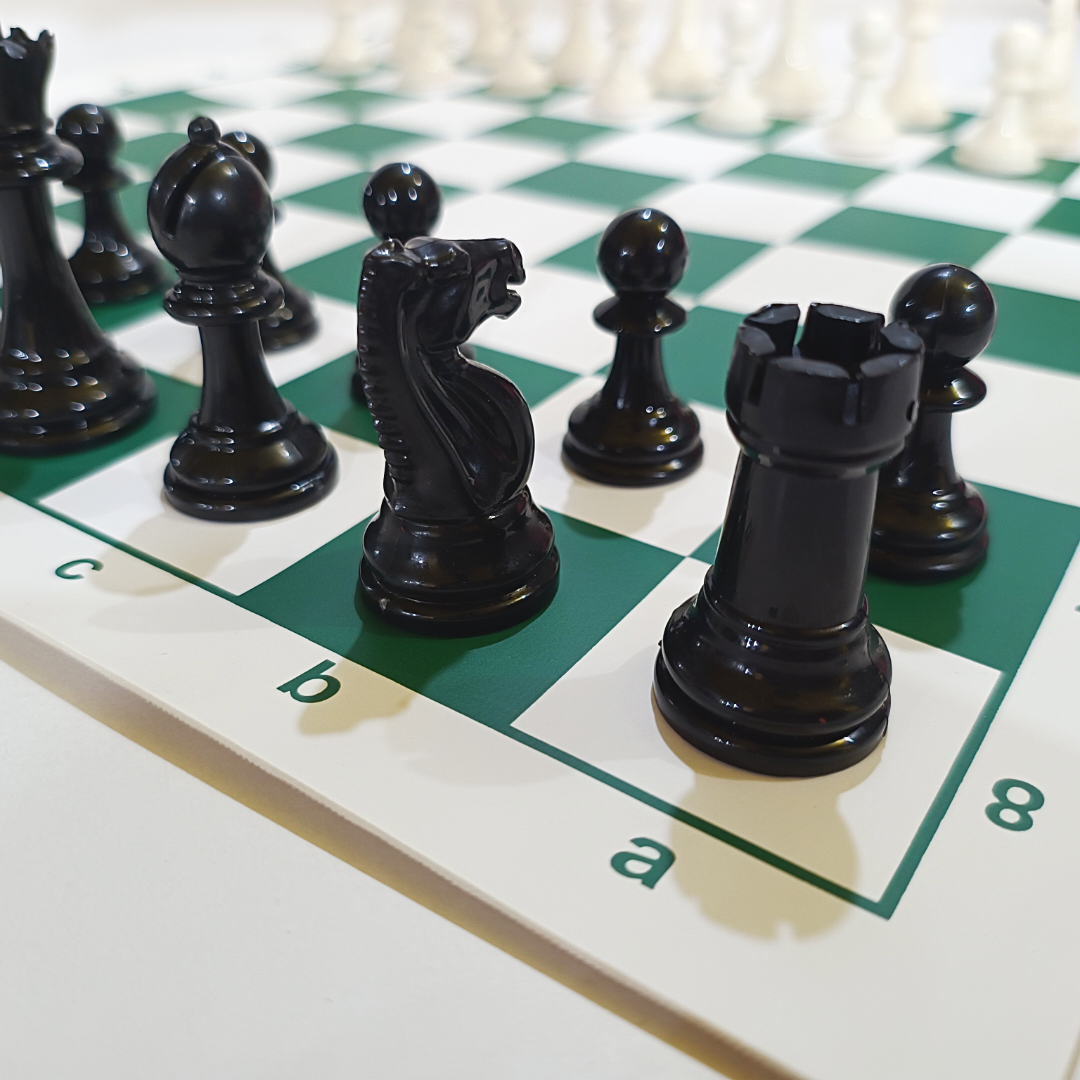
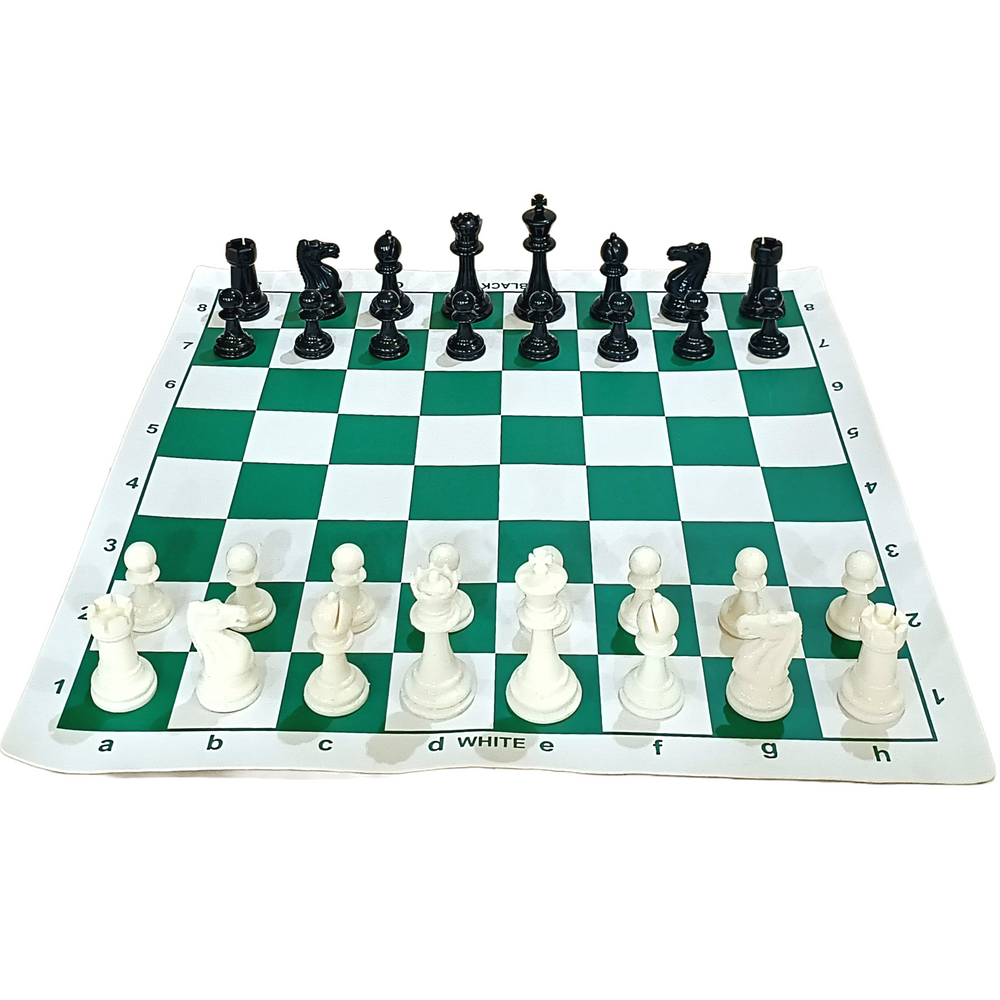




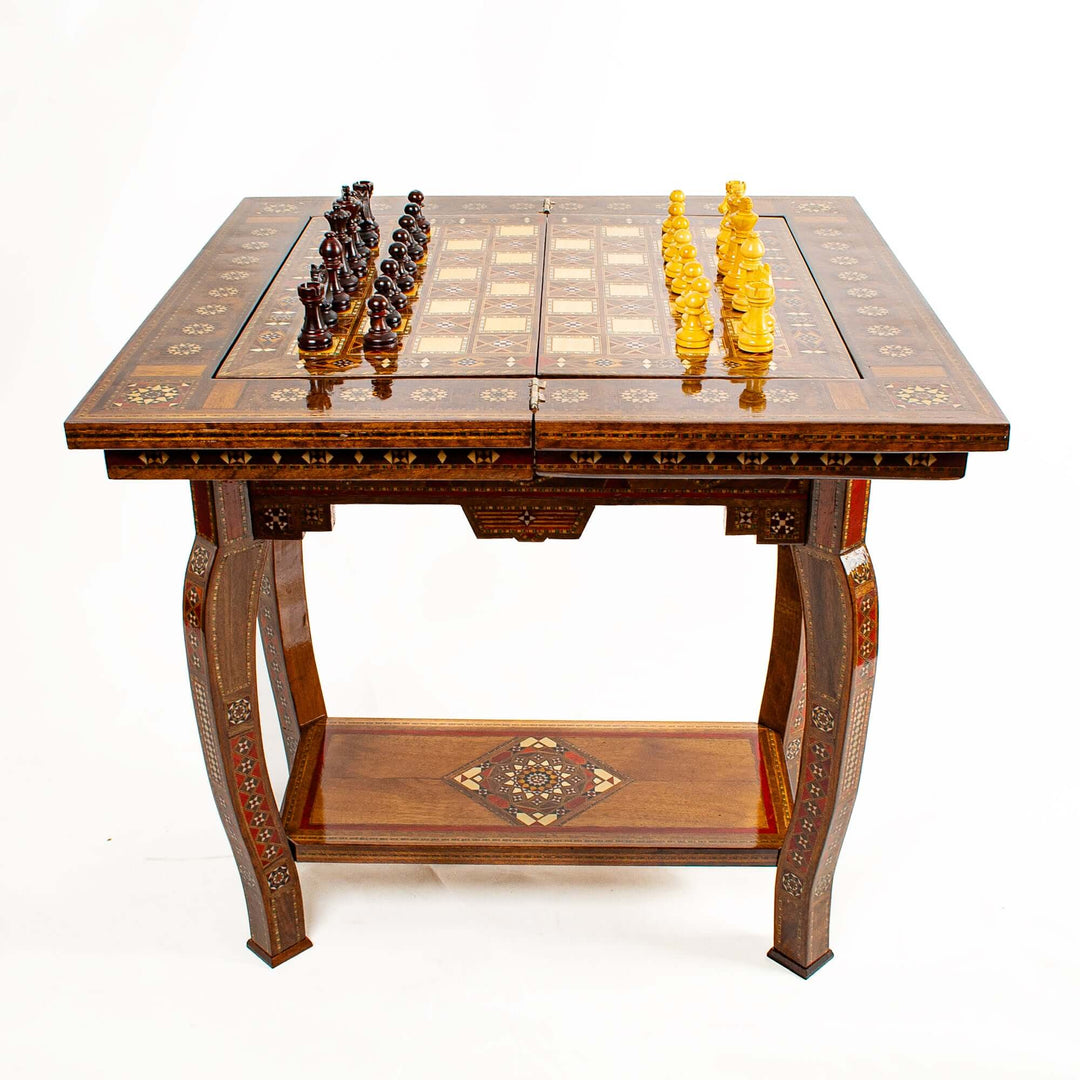

Leave a comment